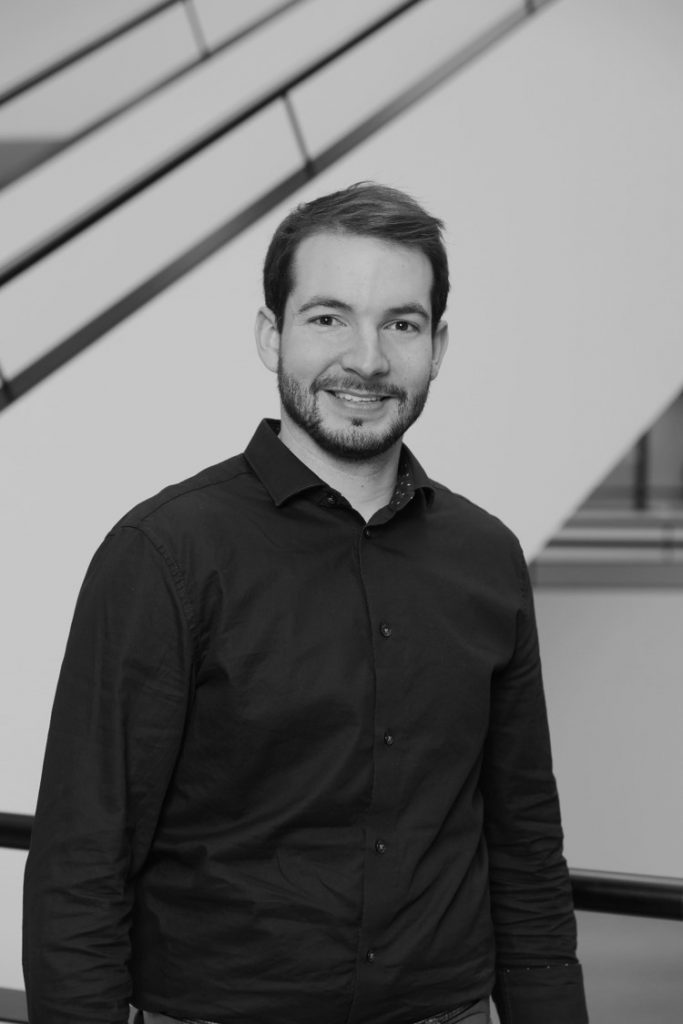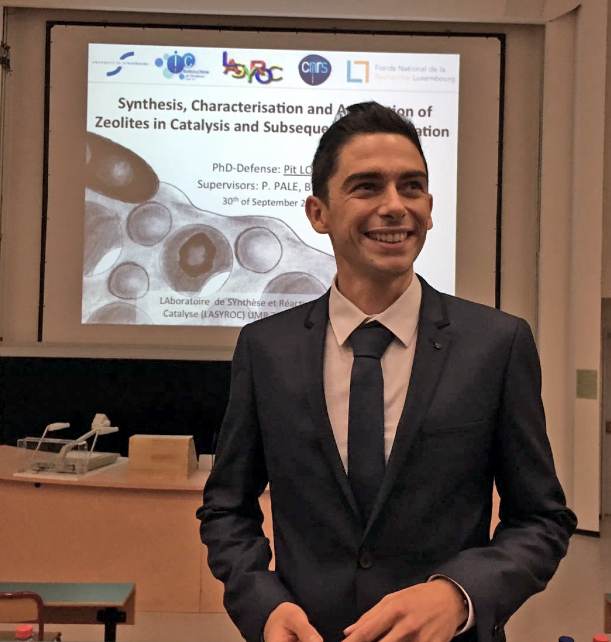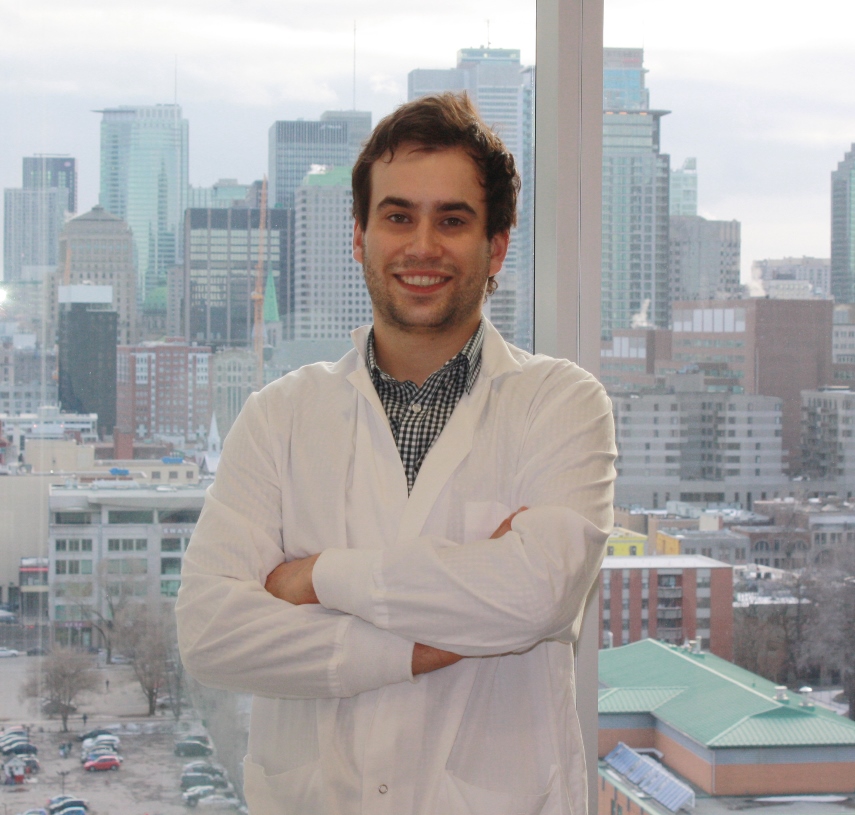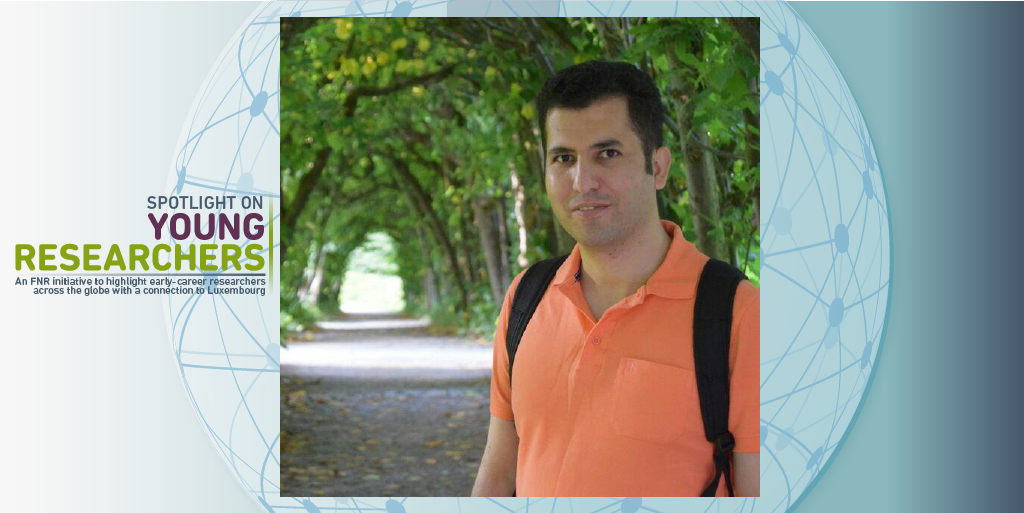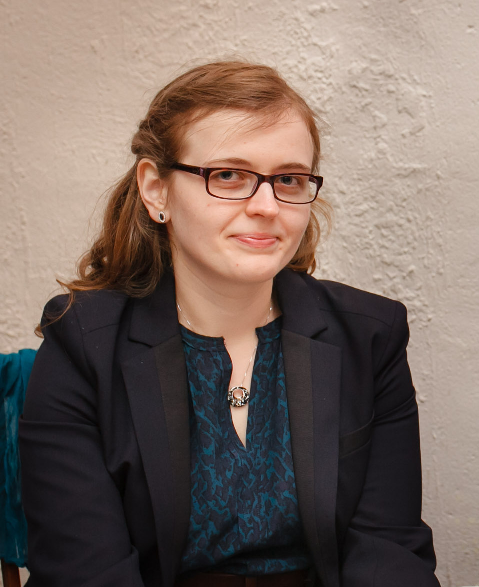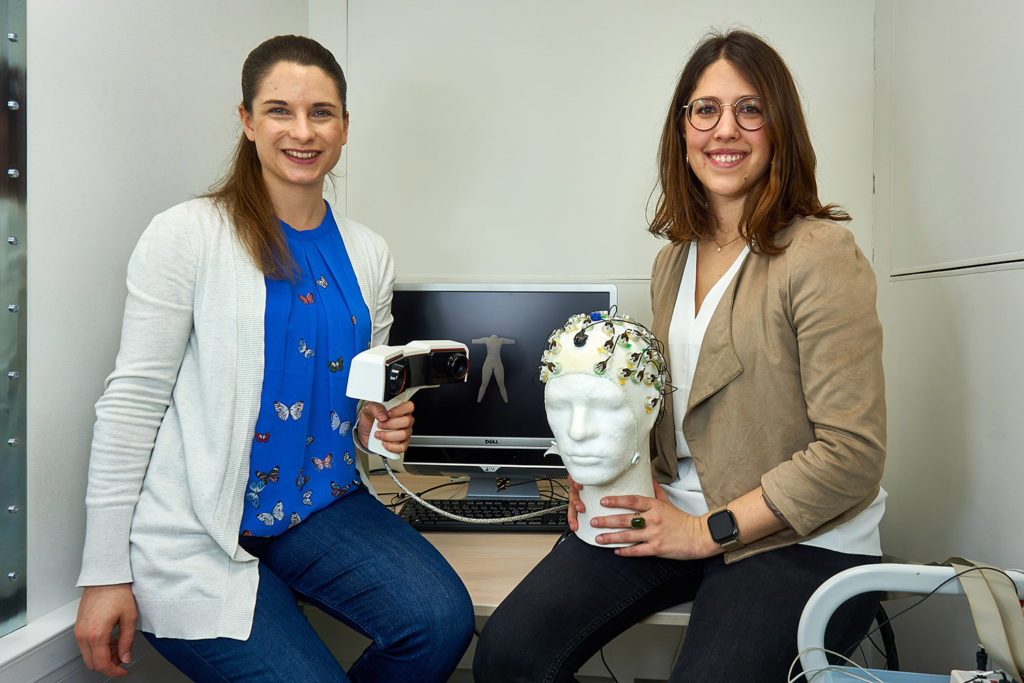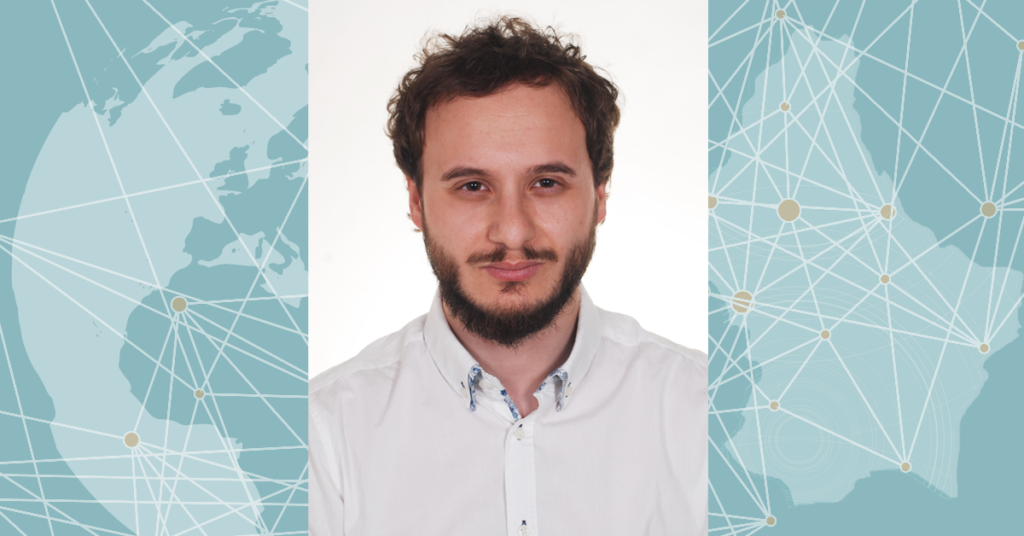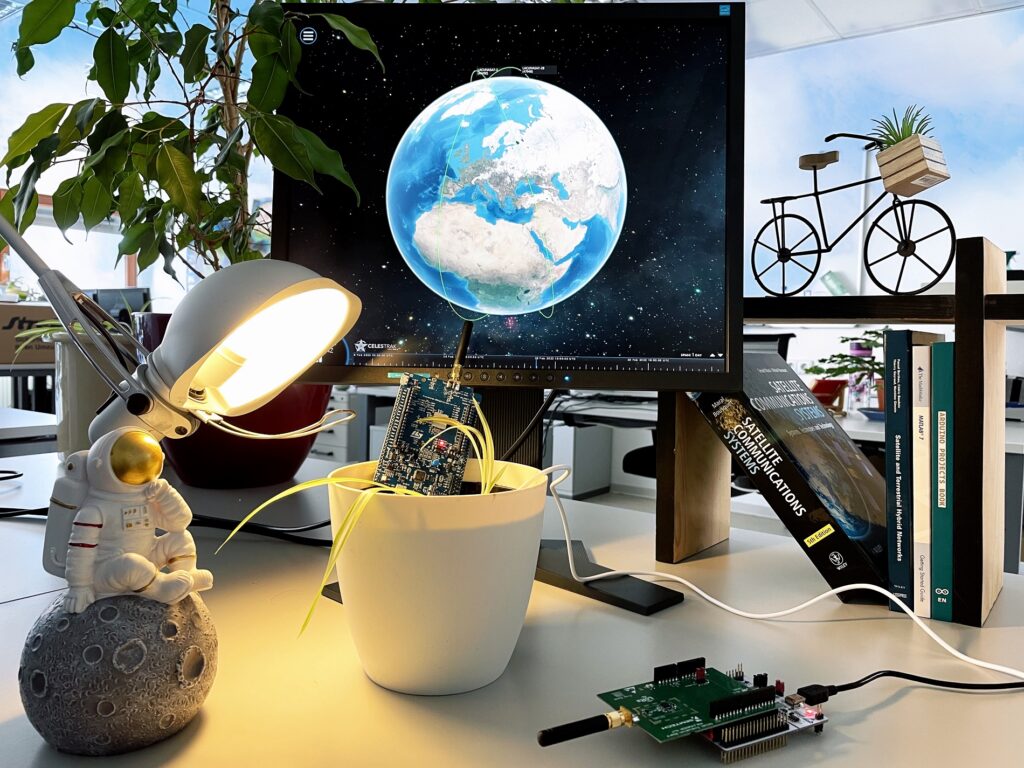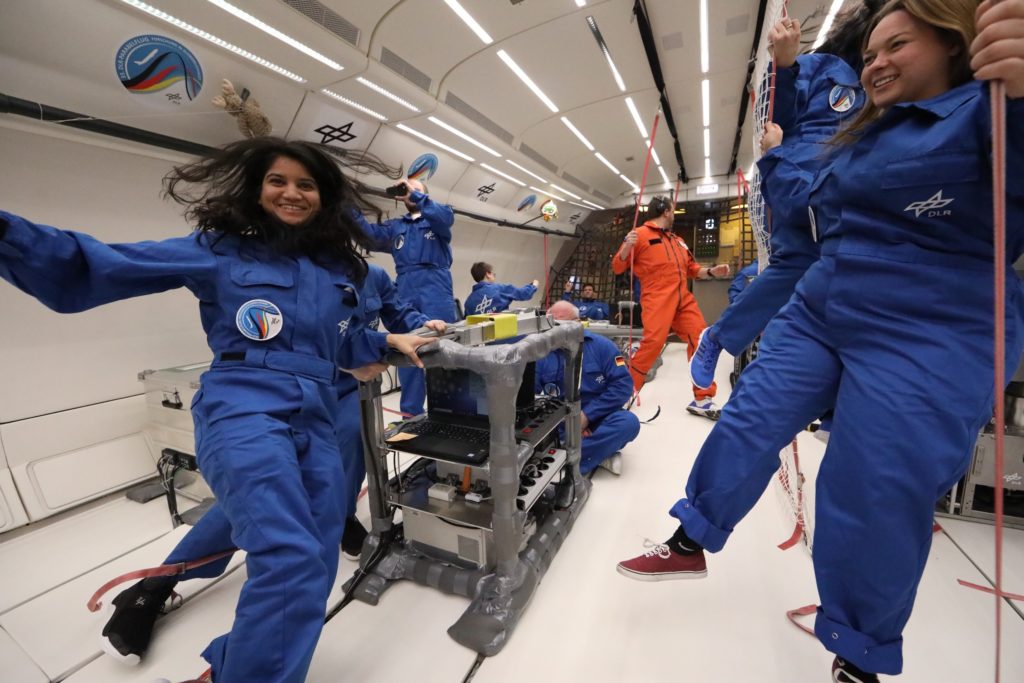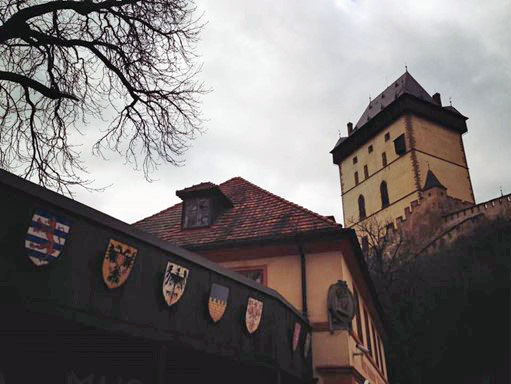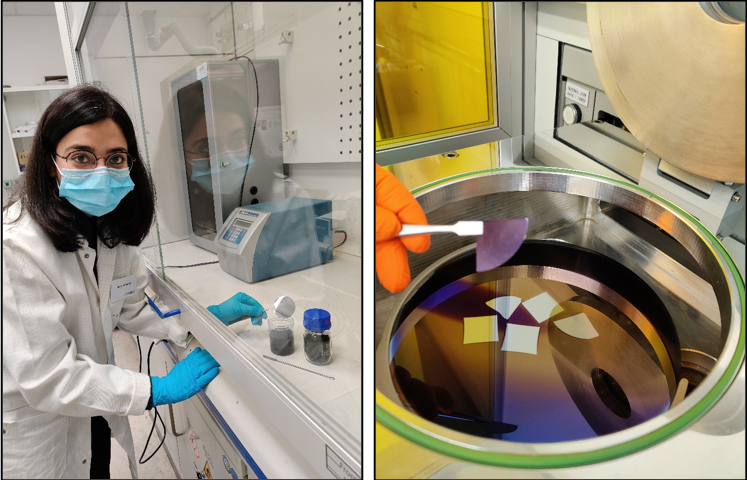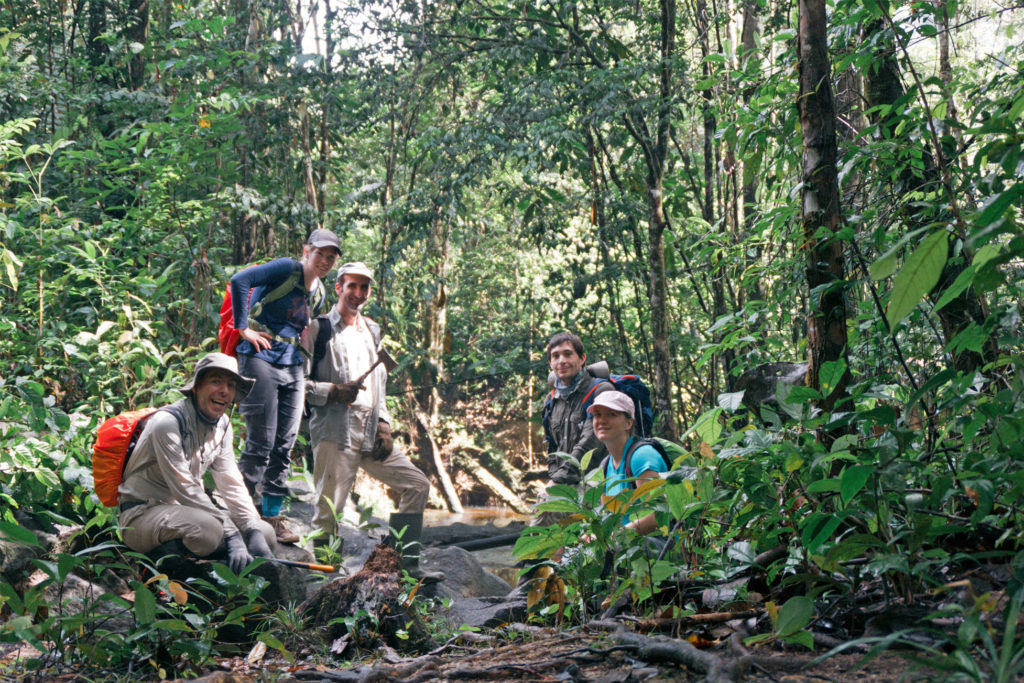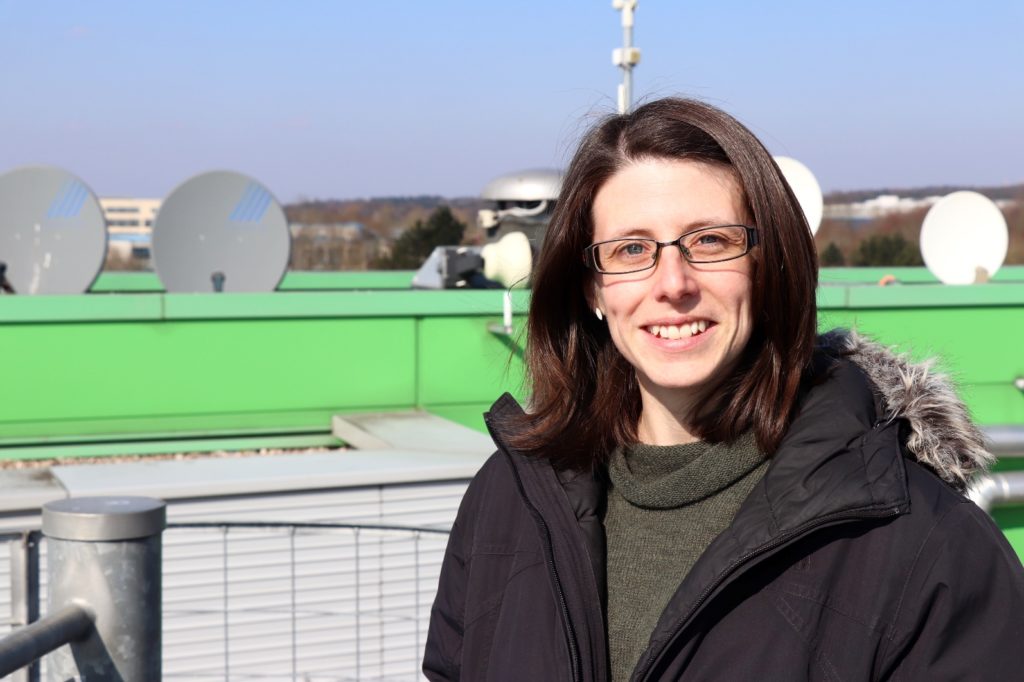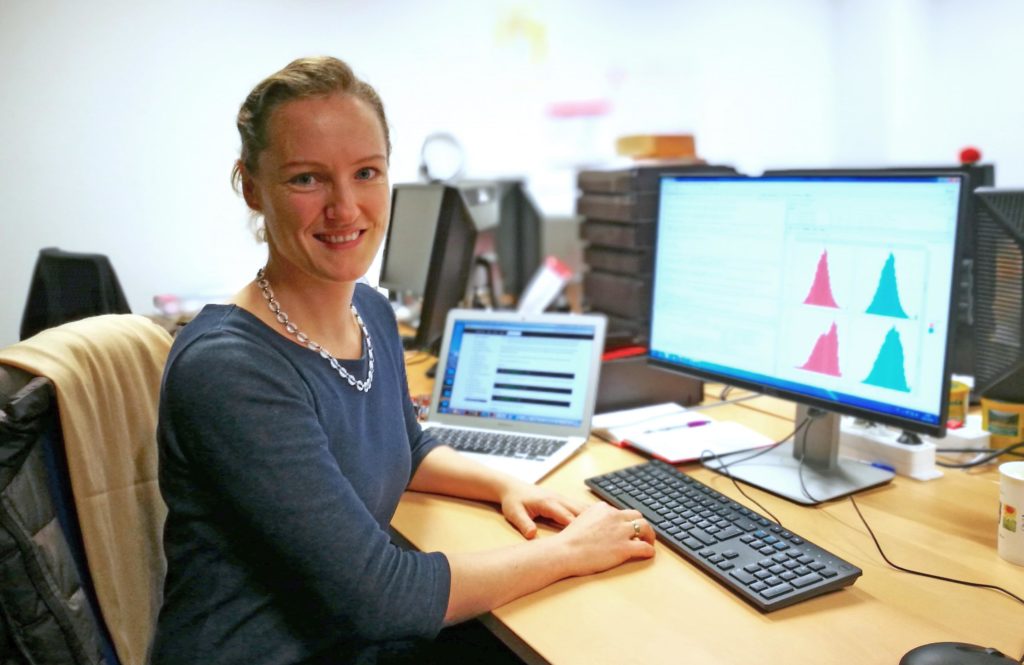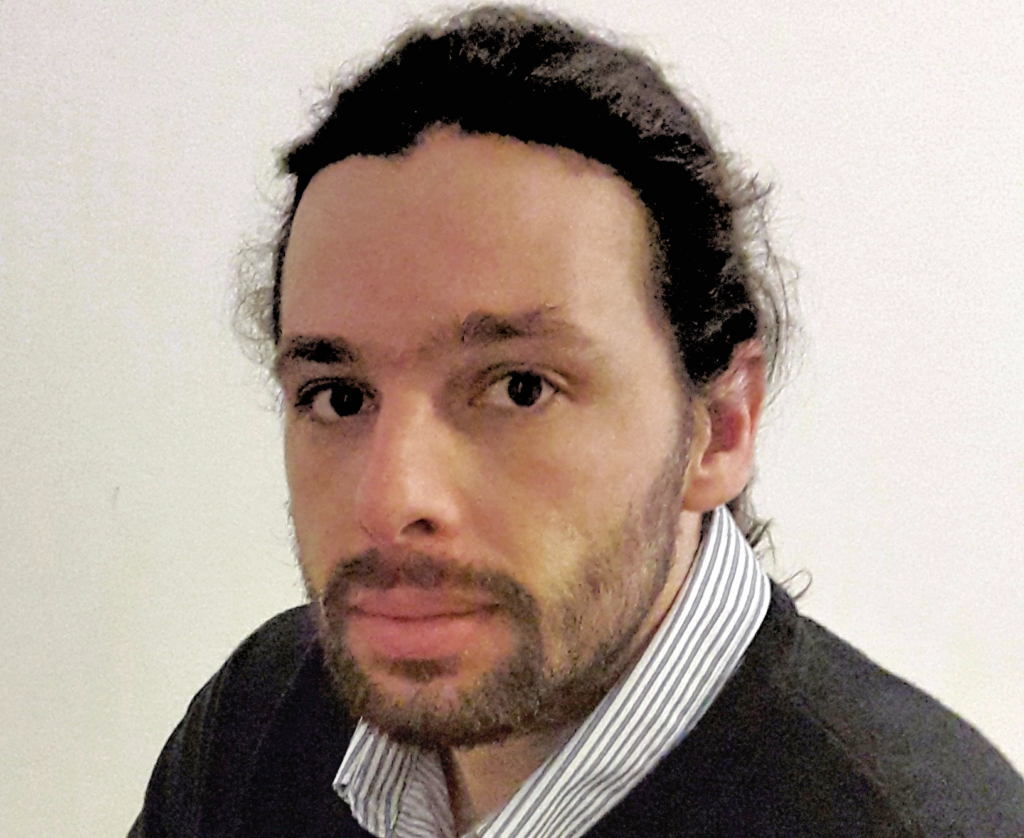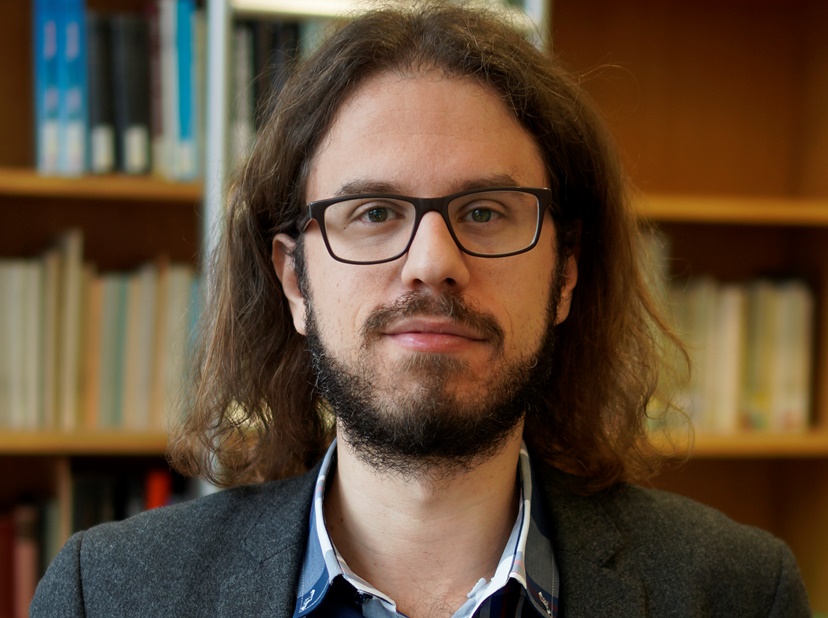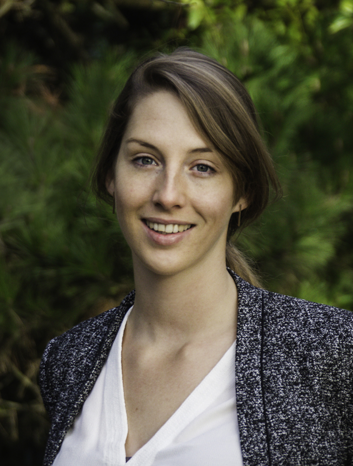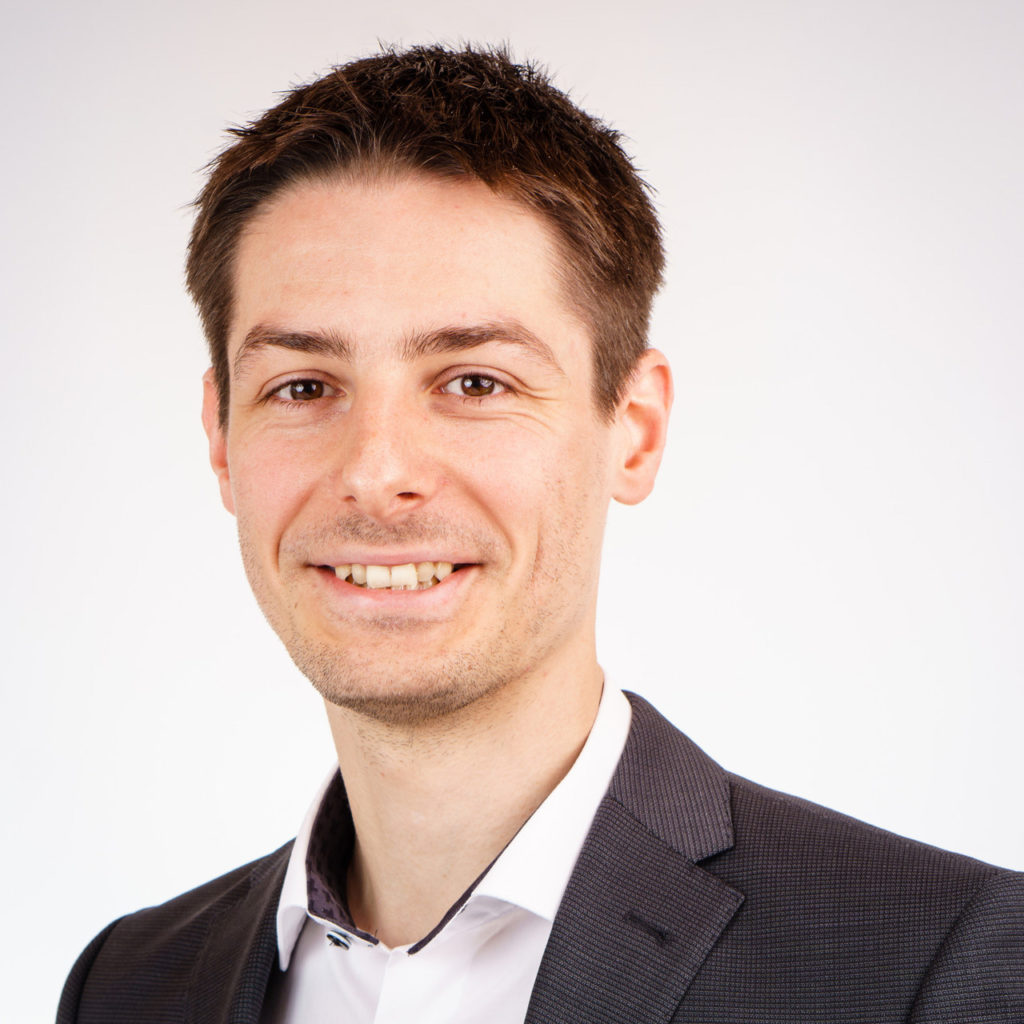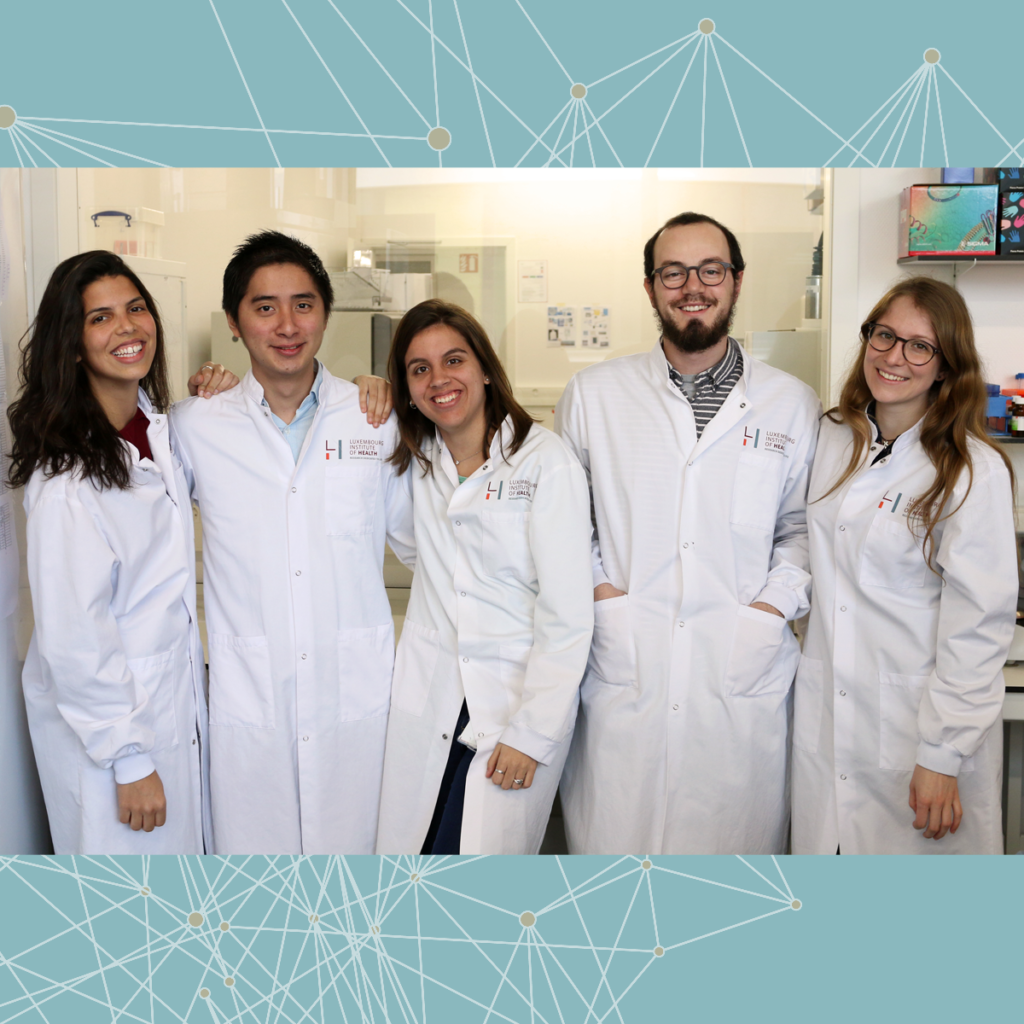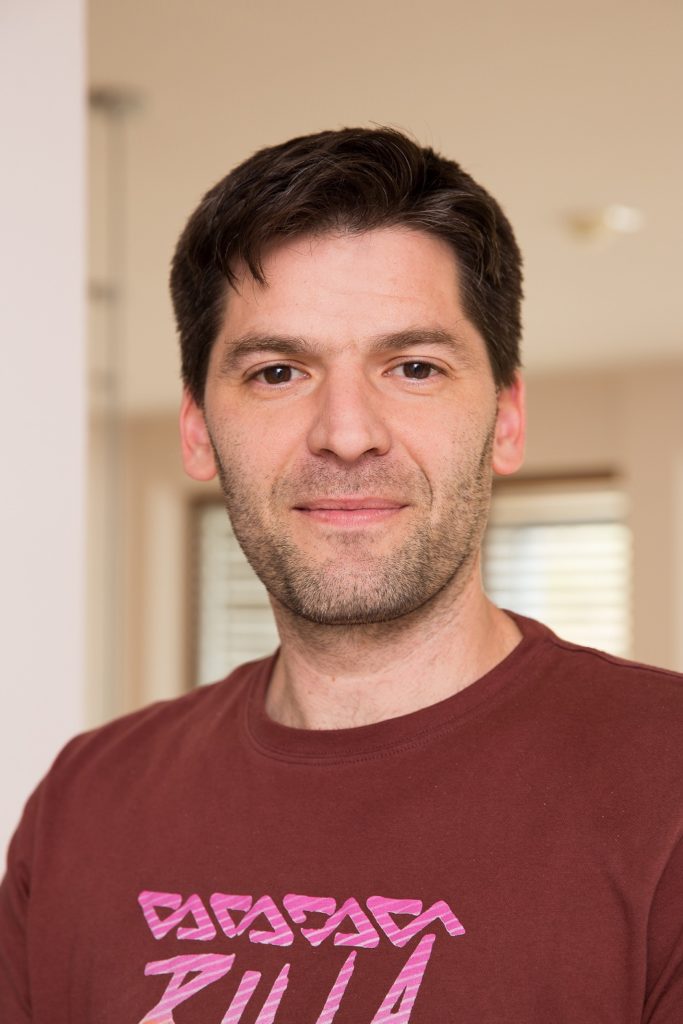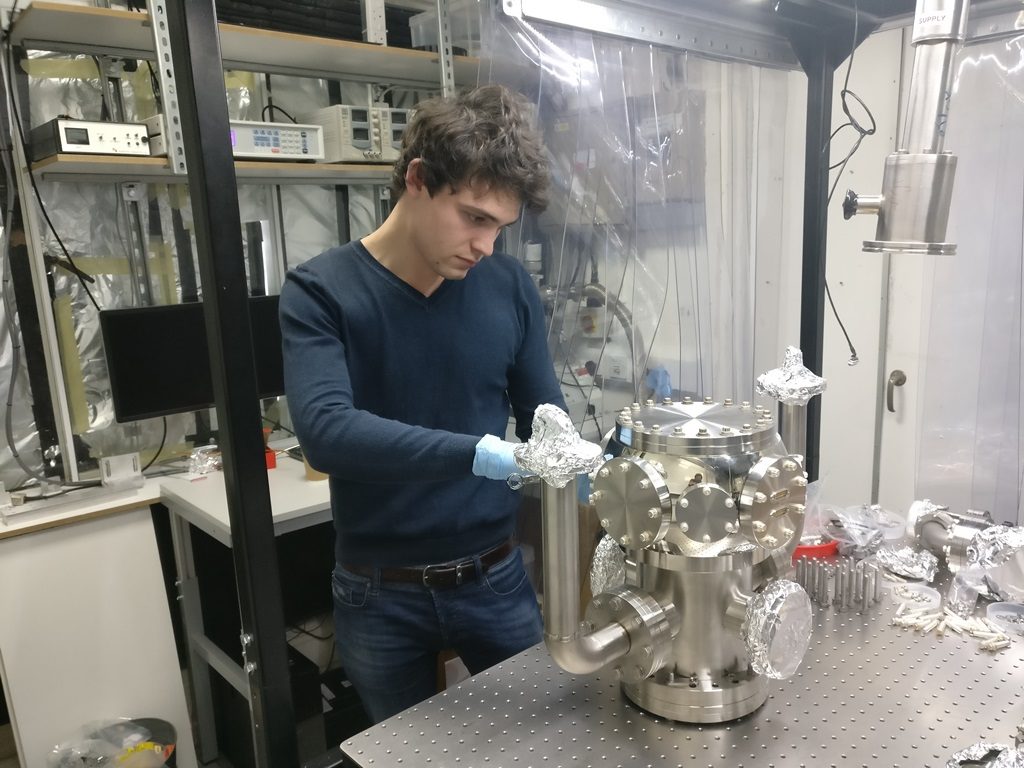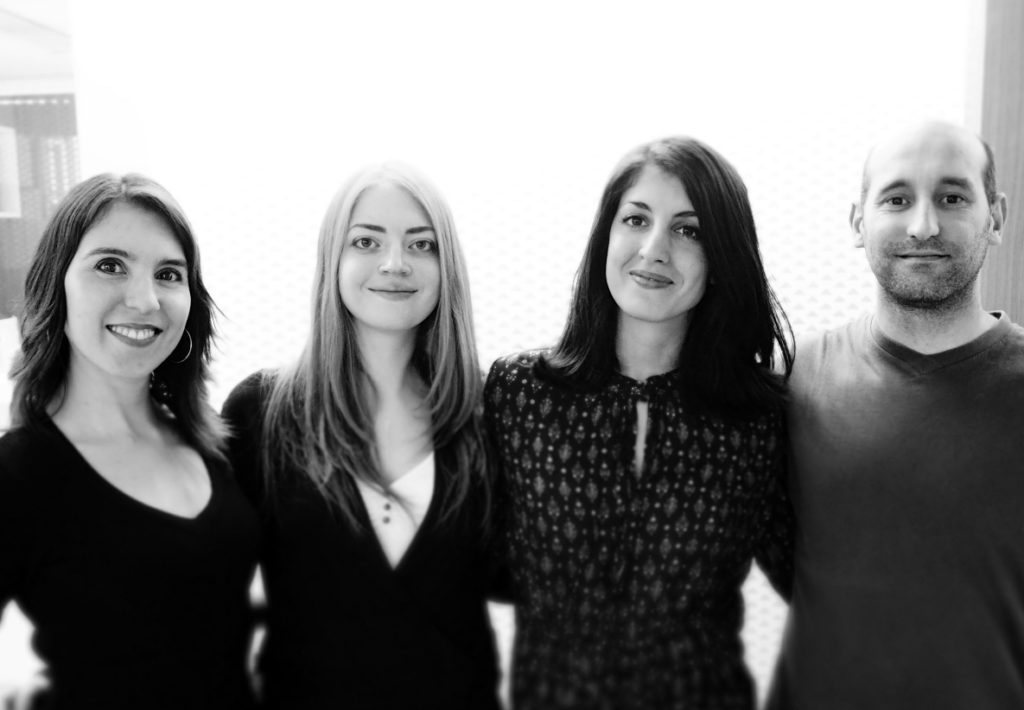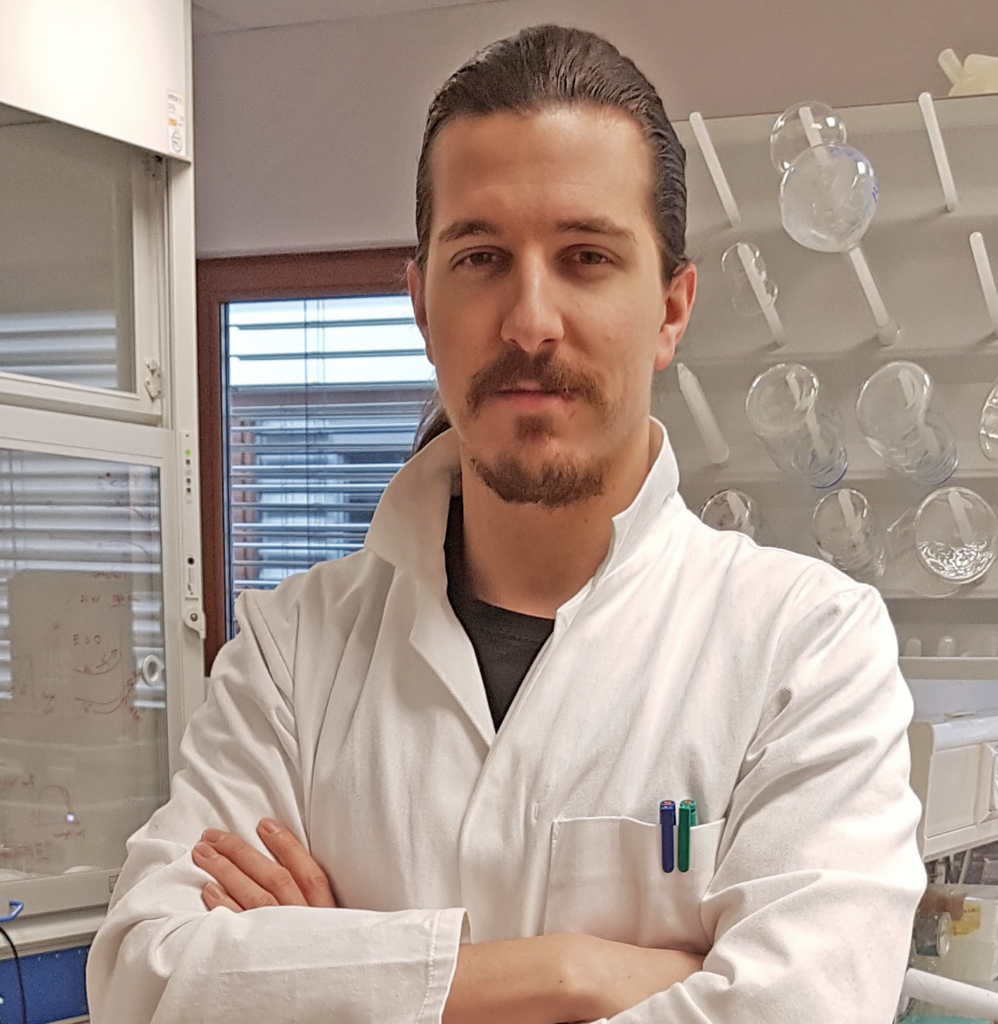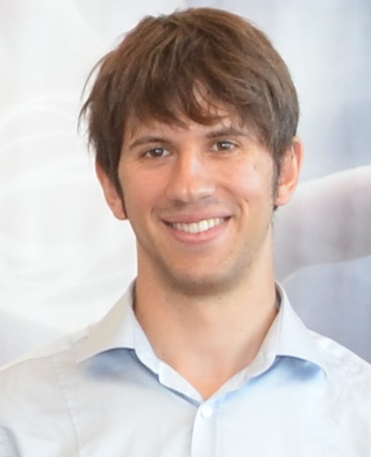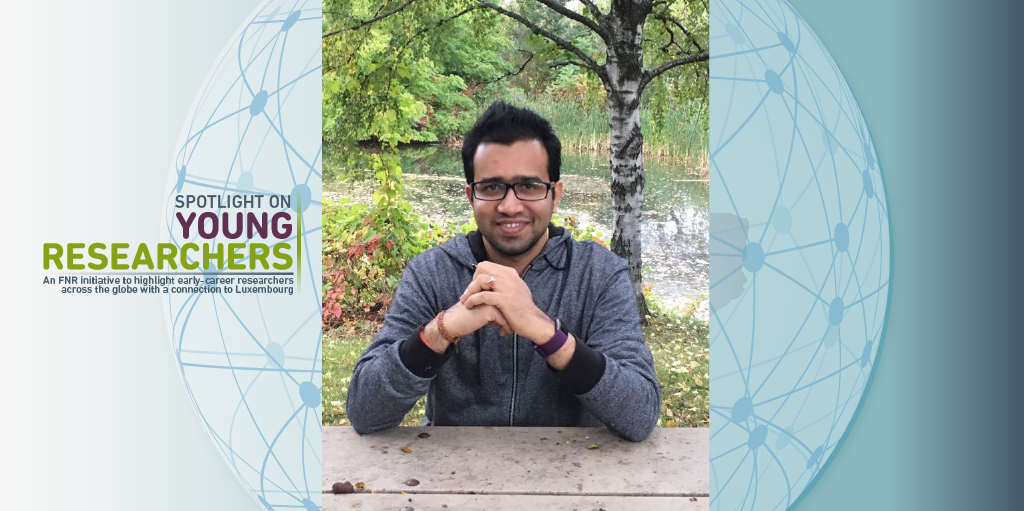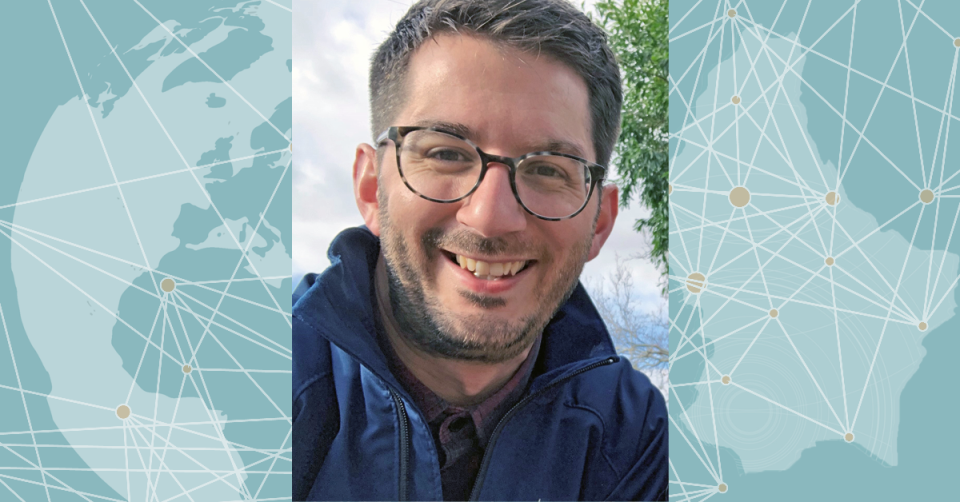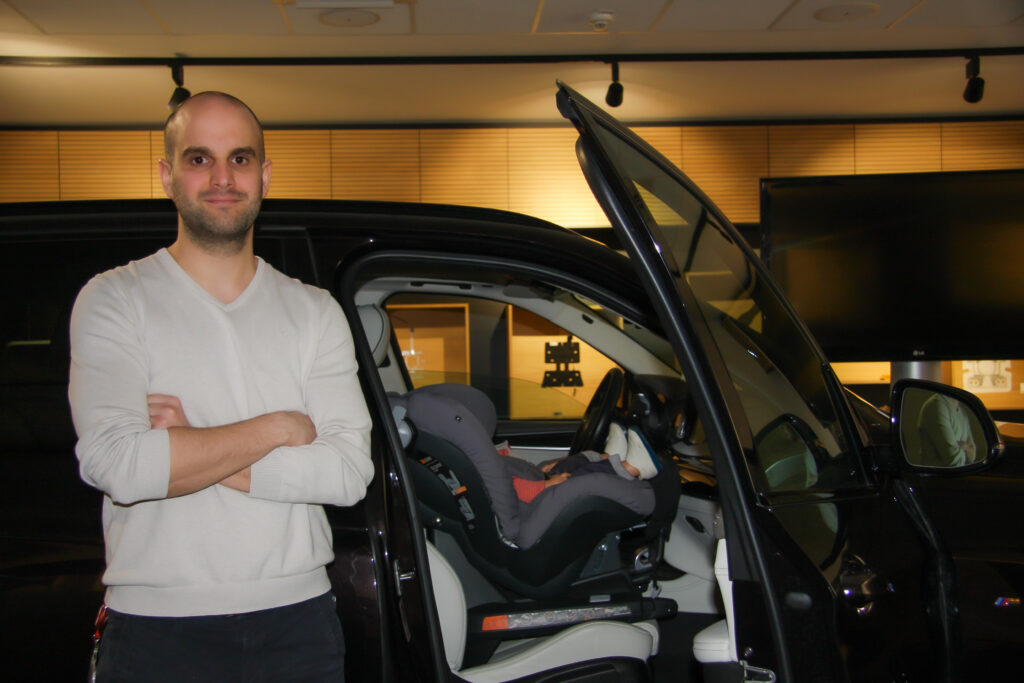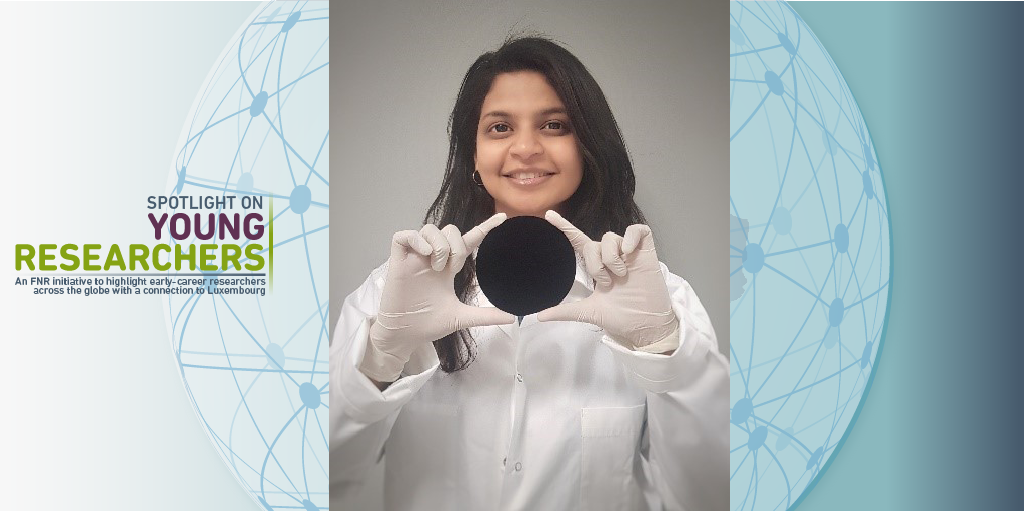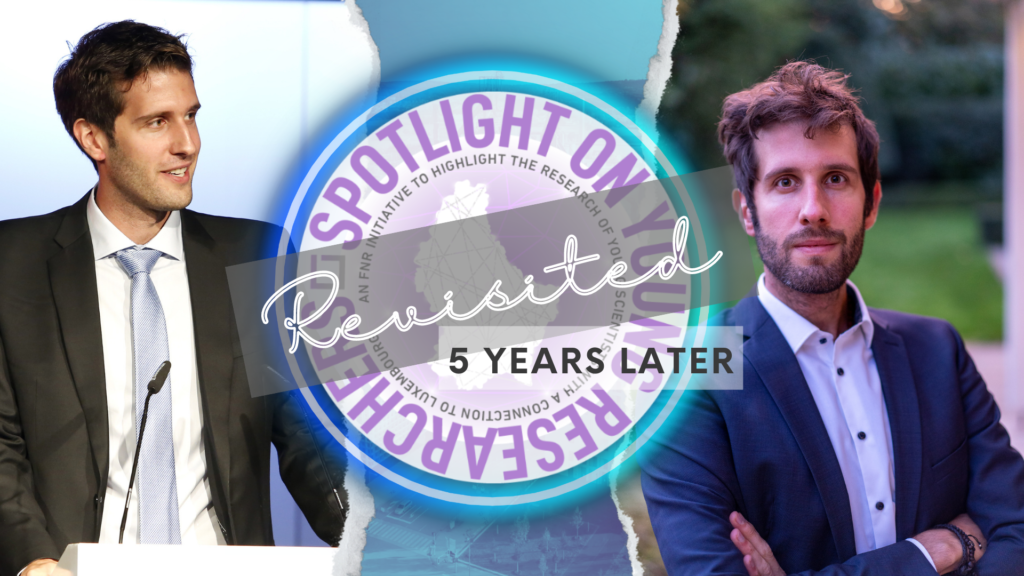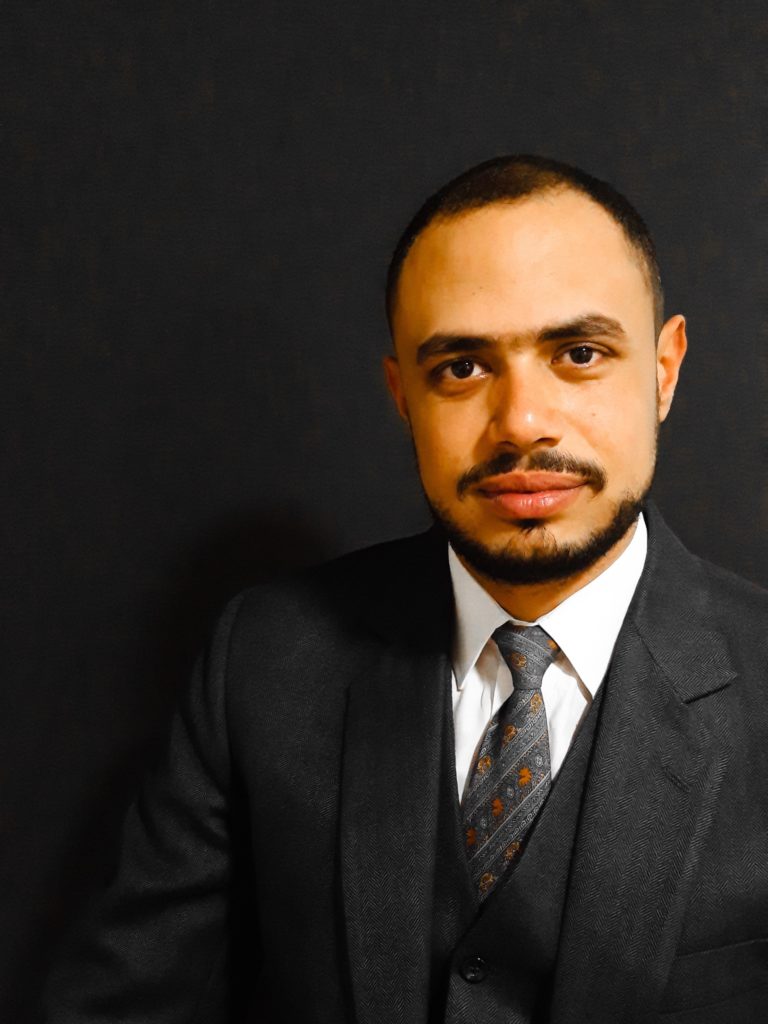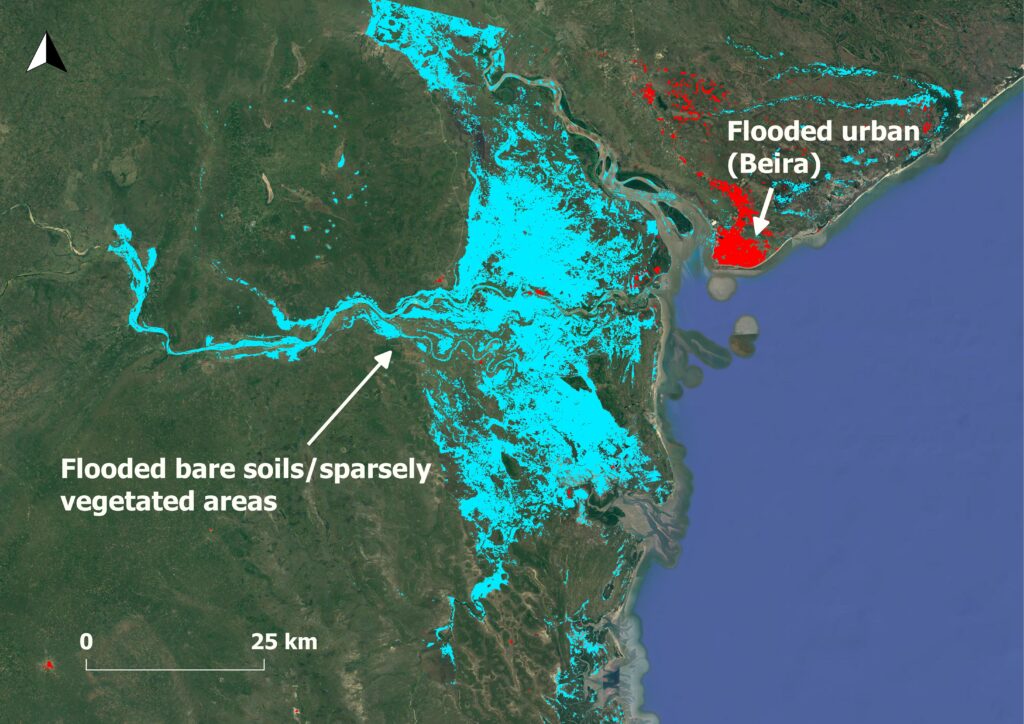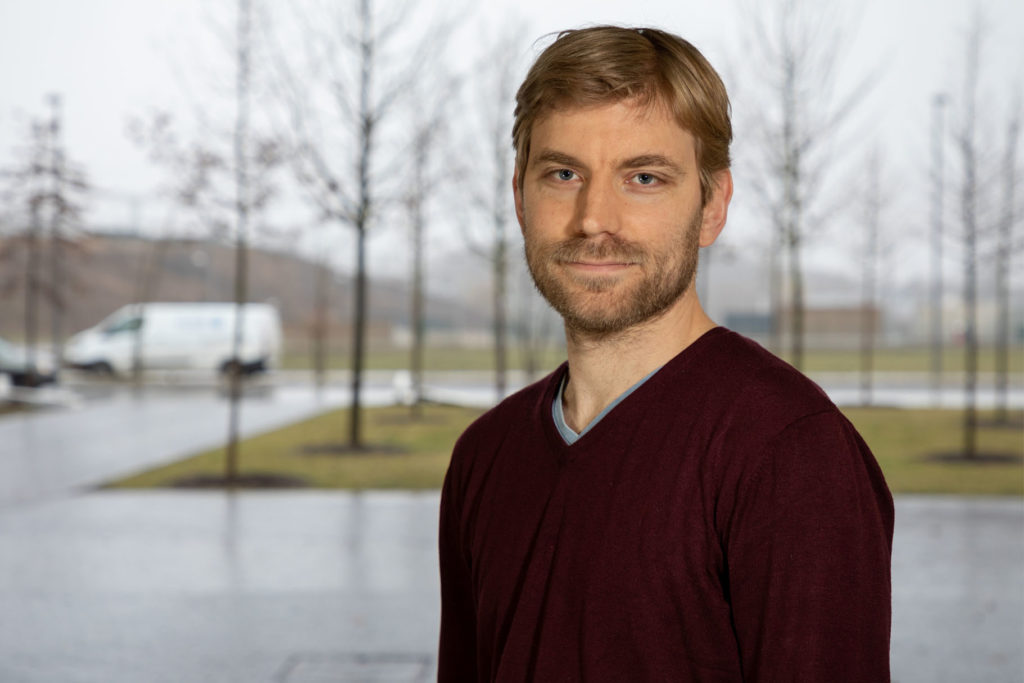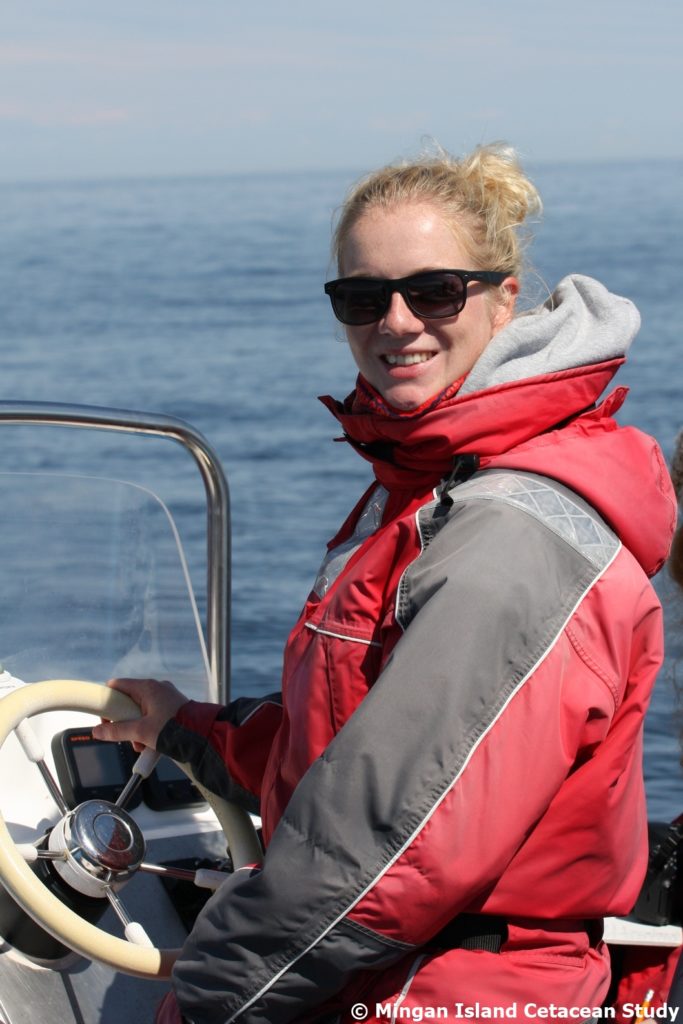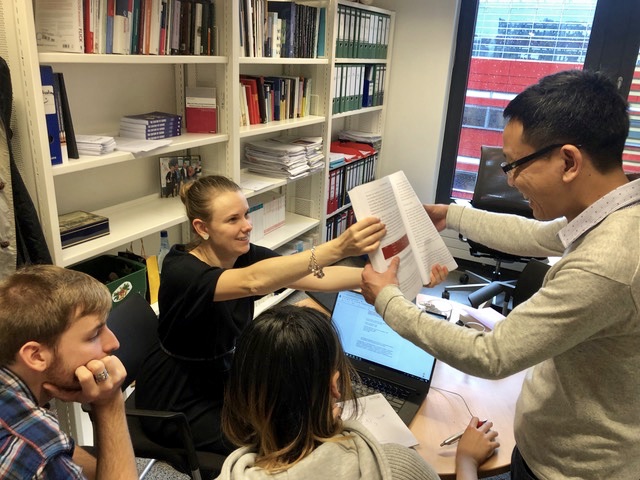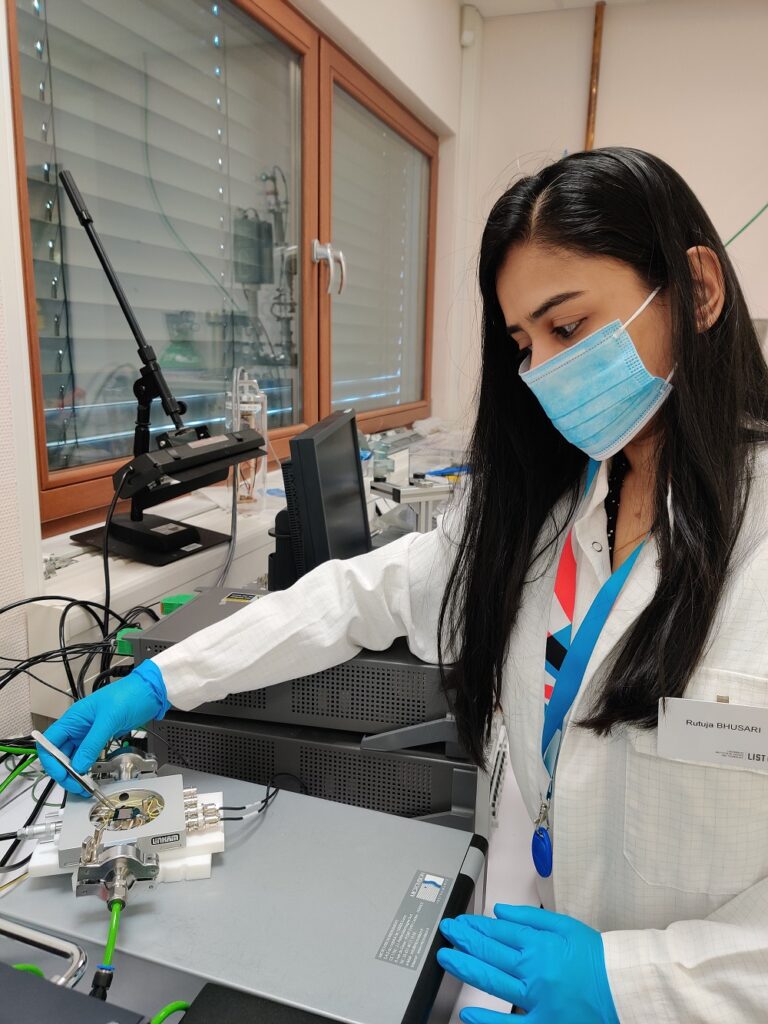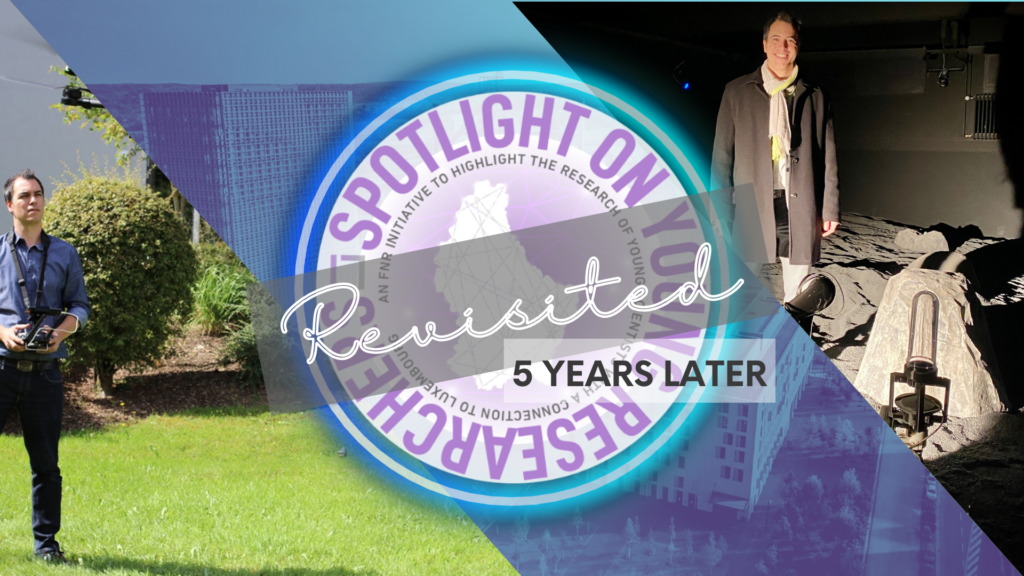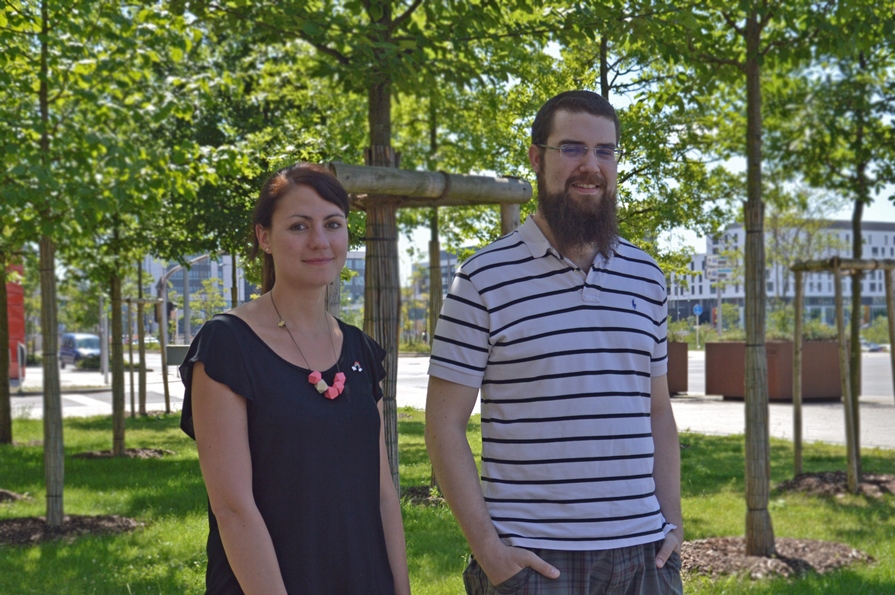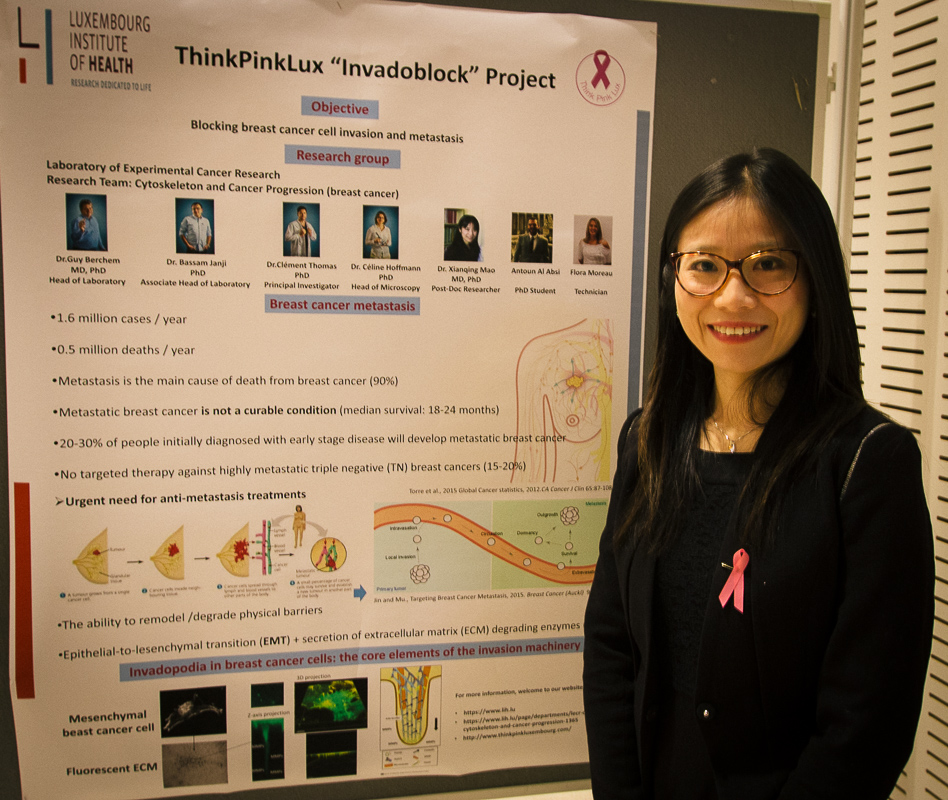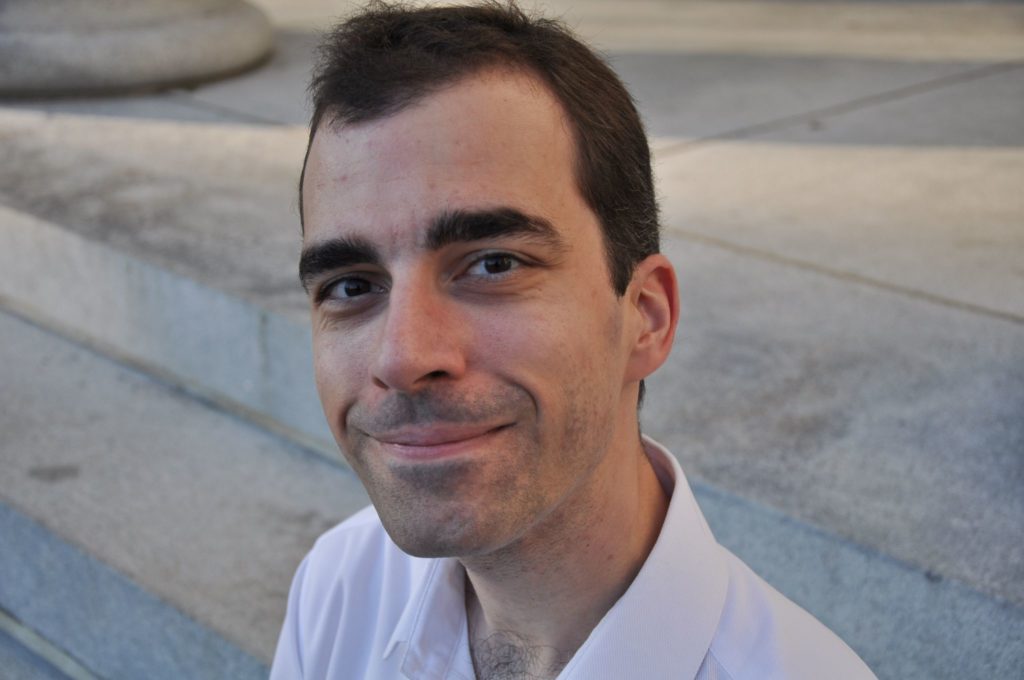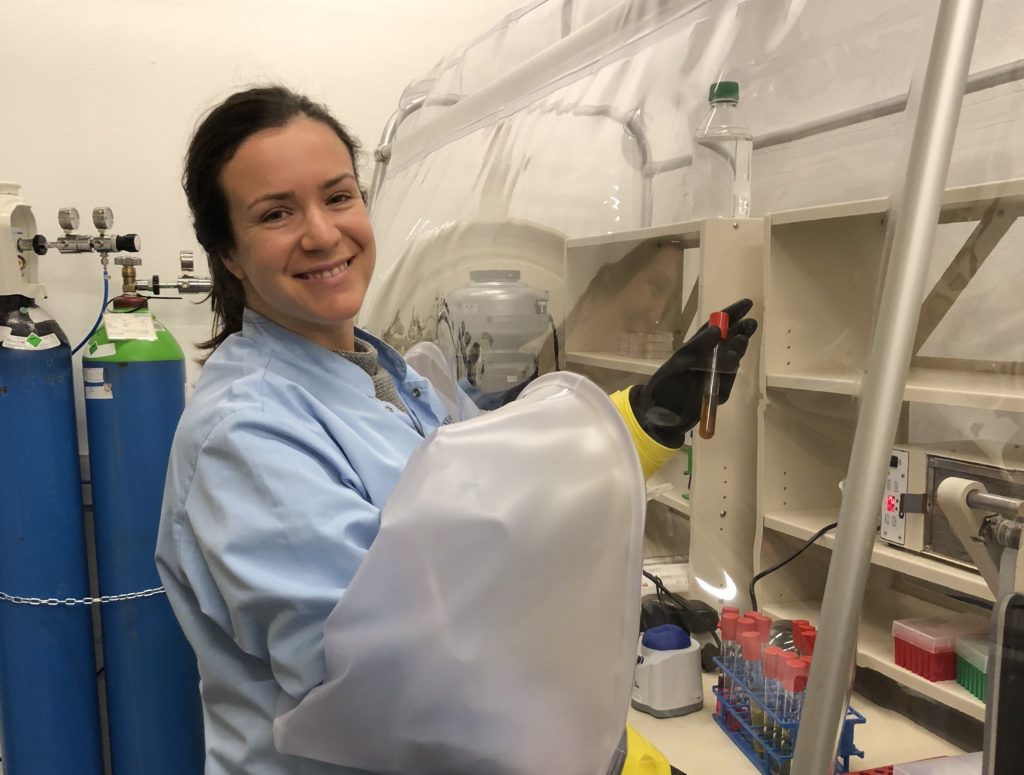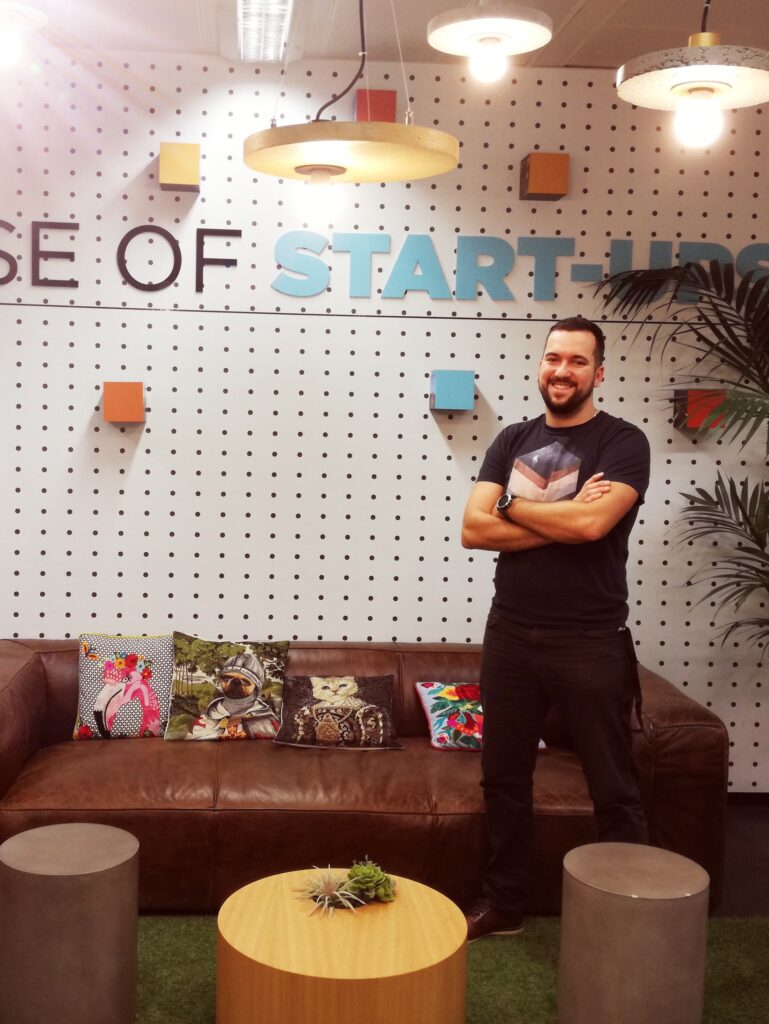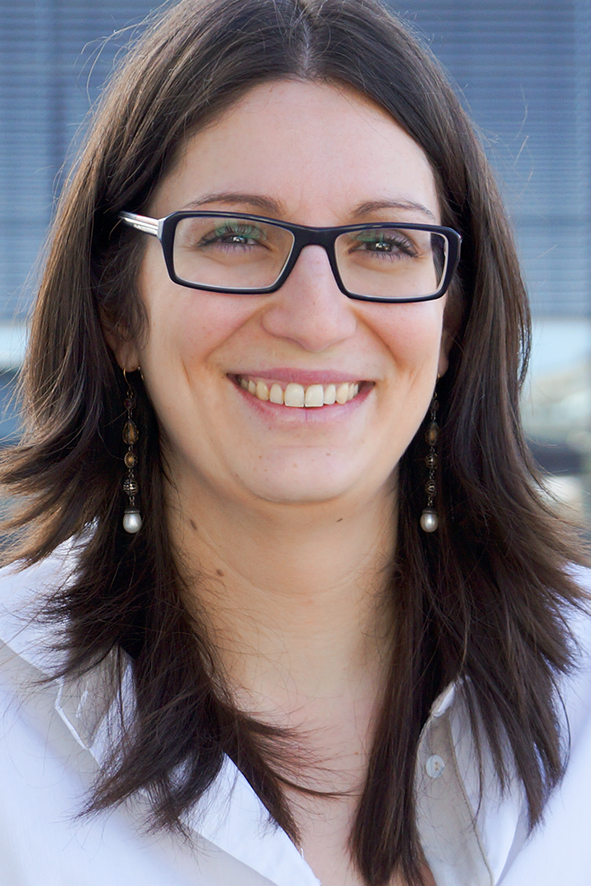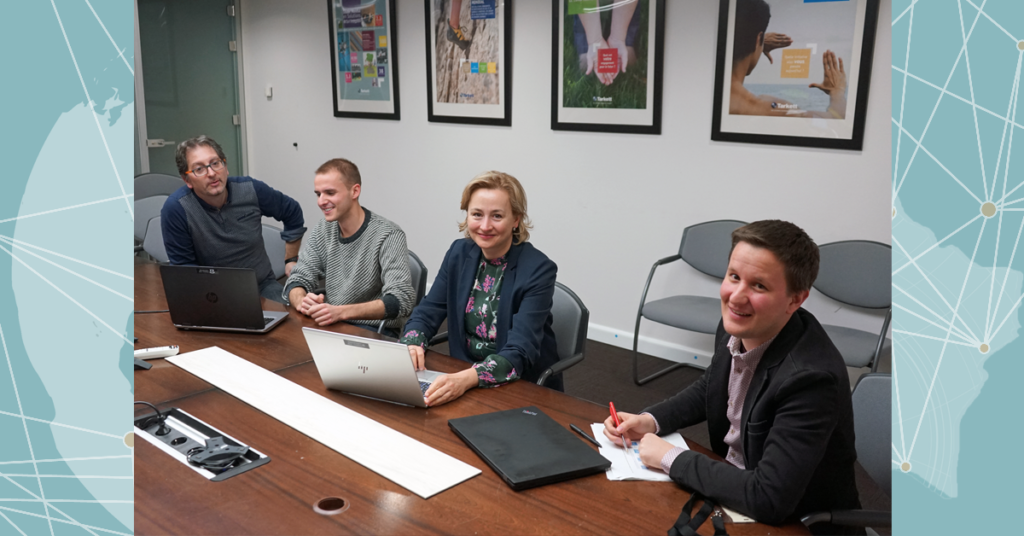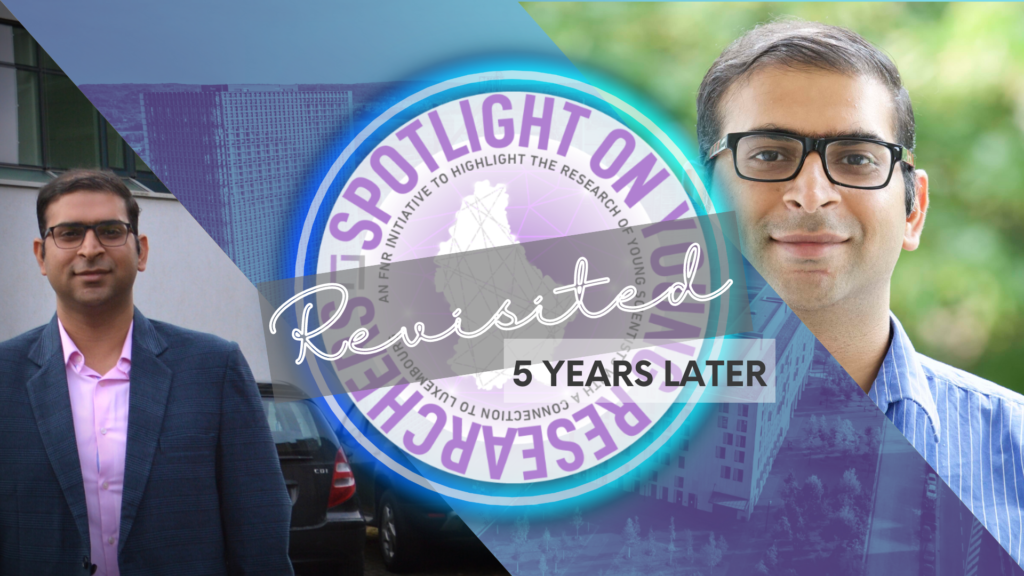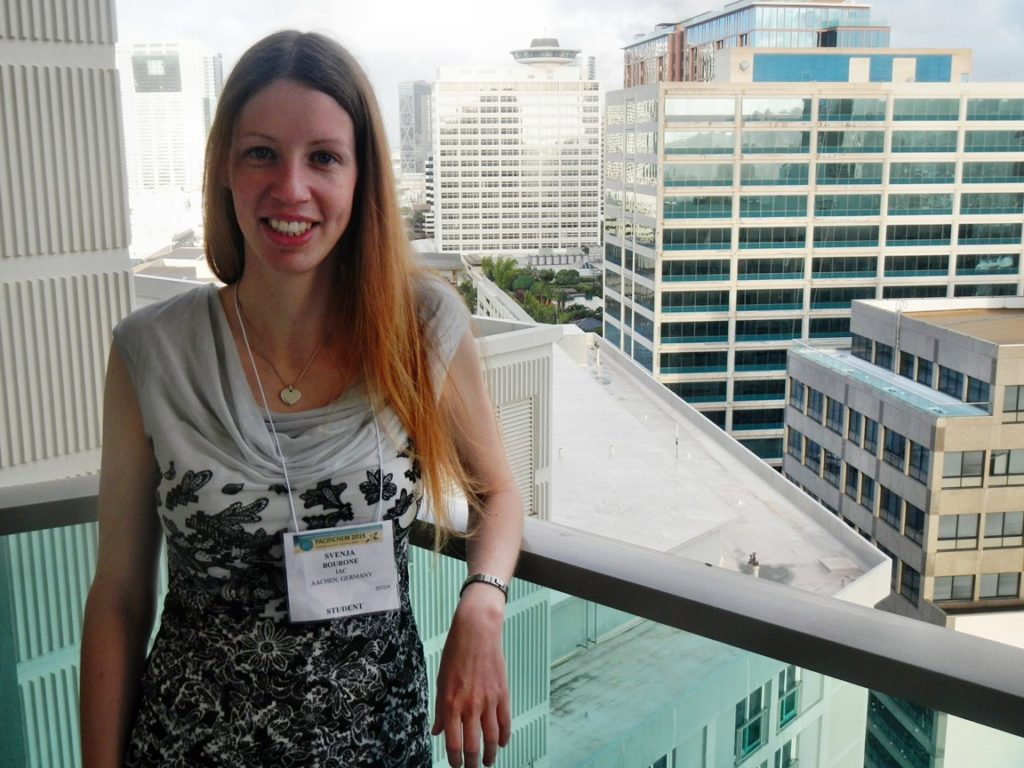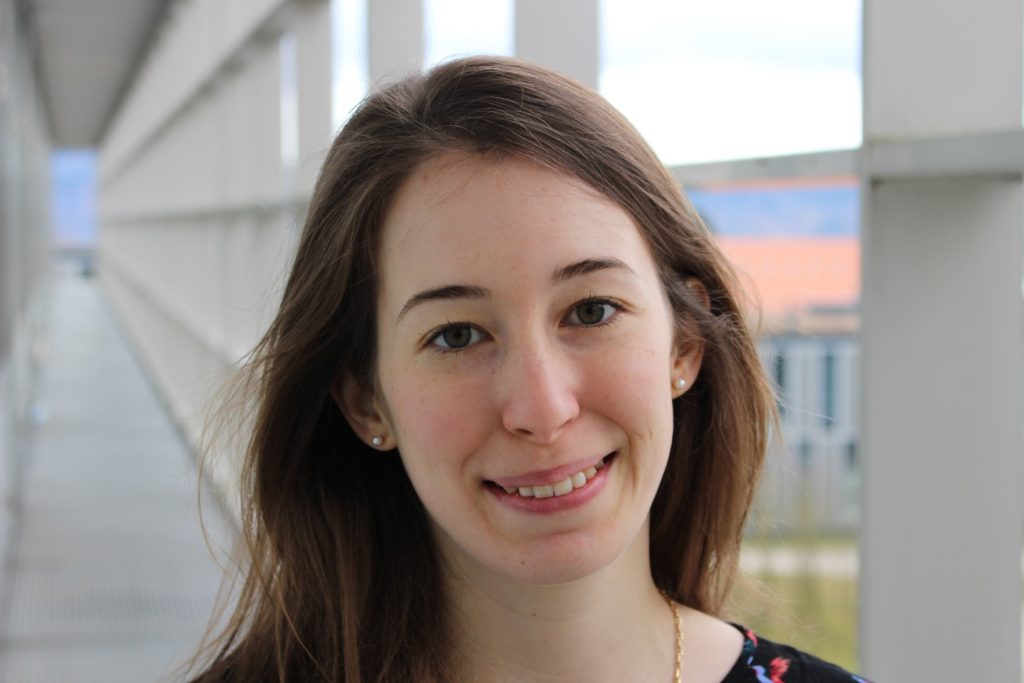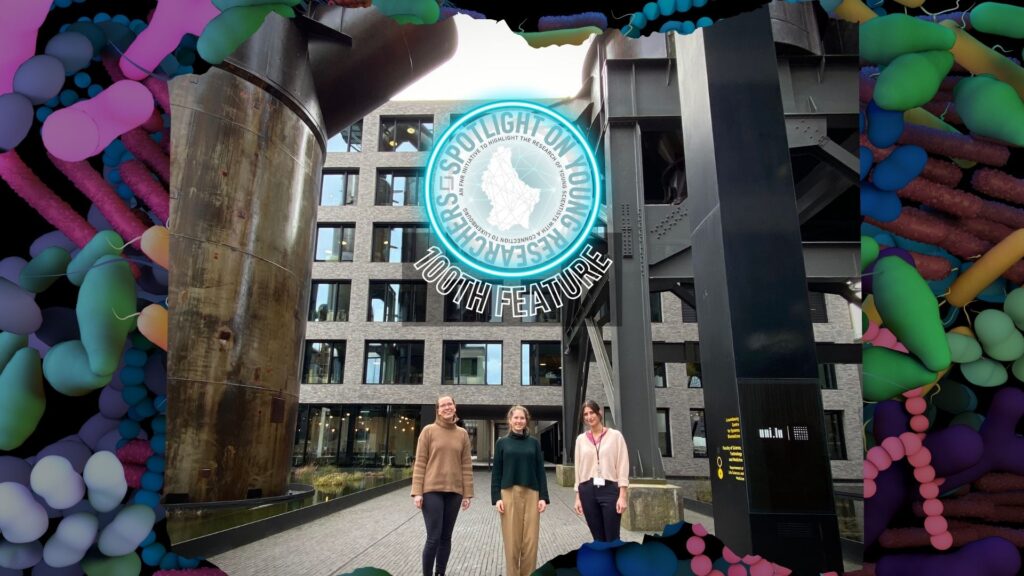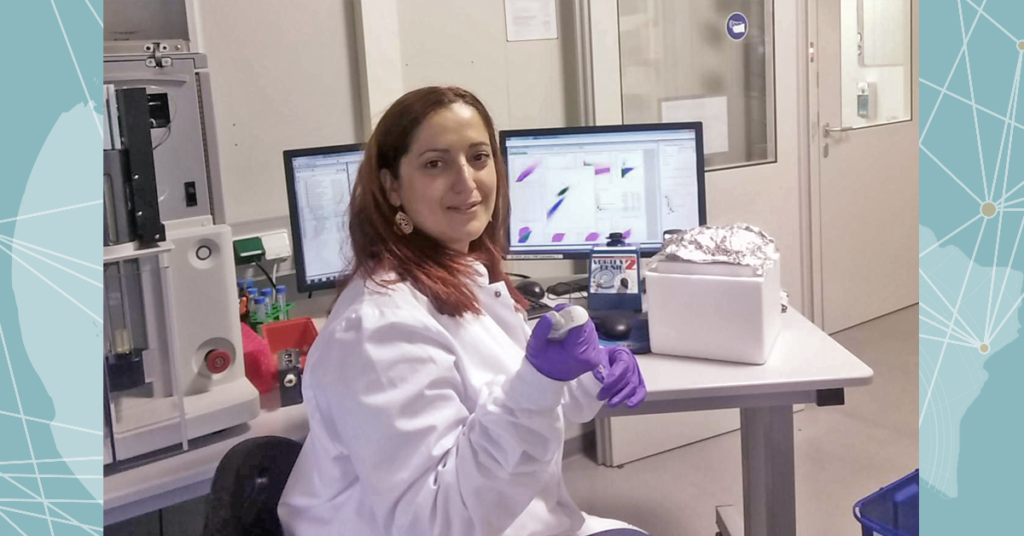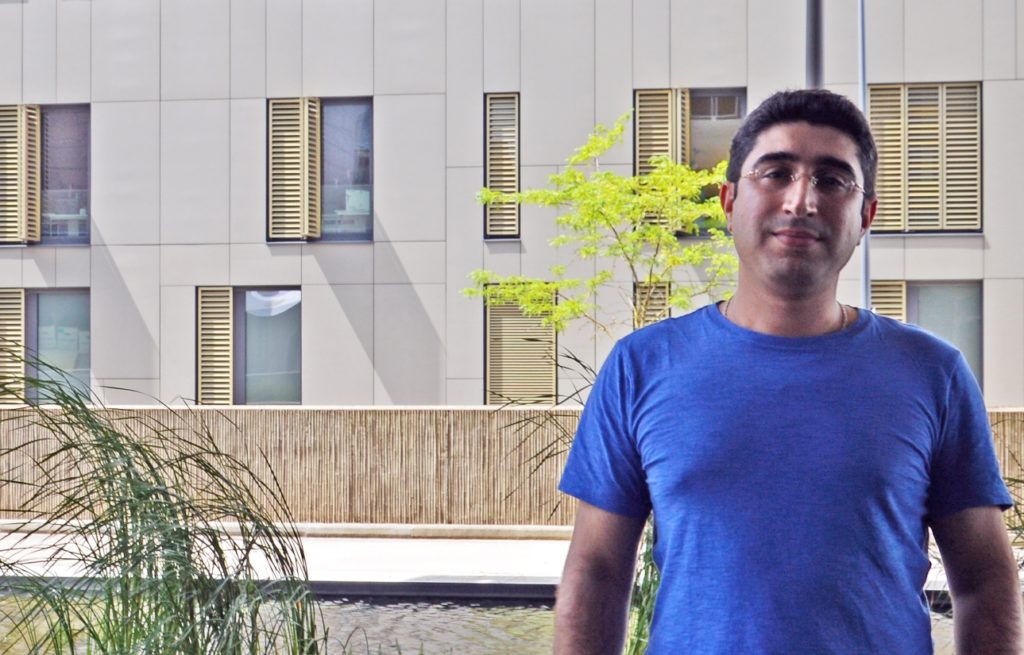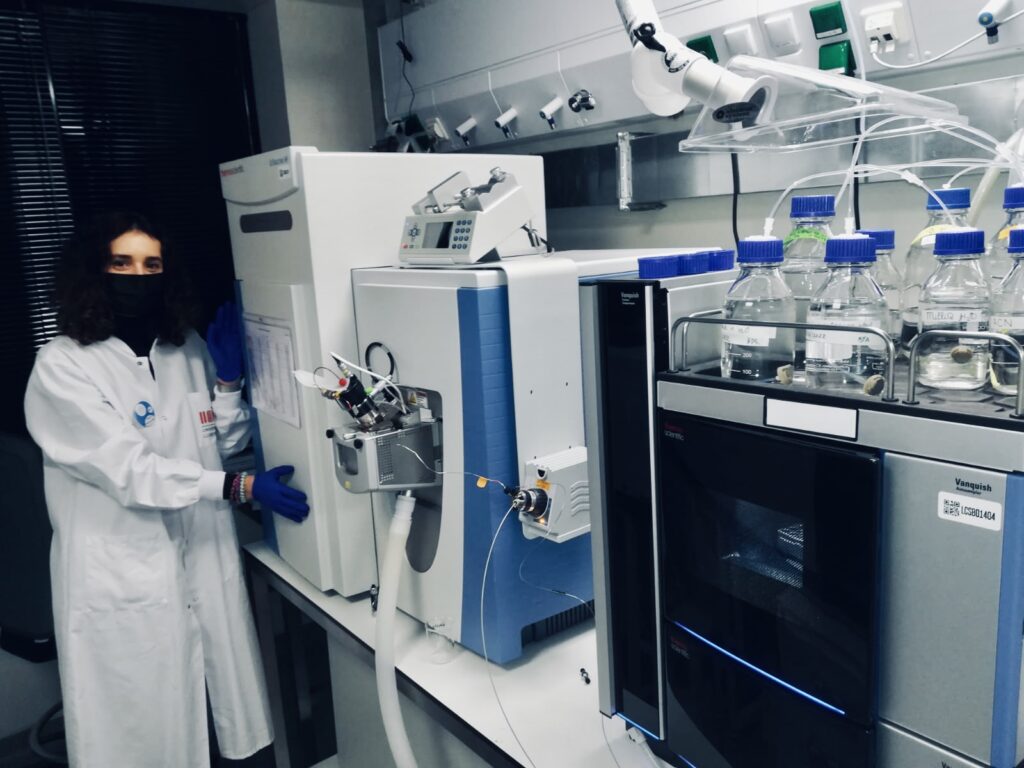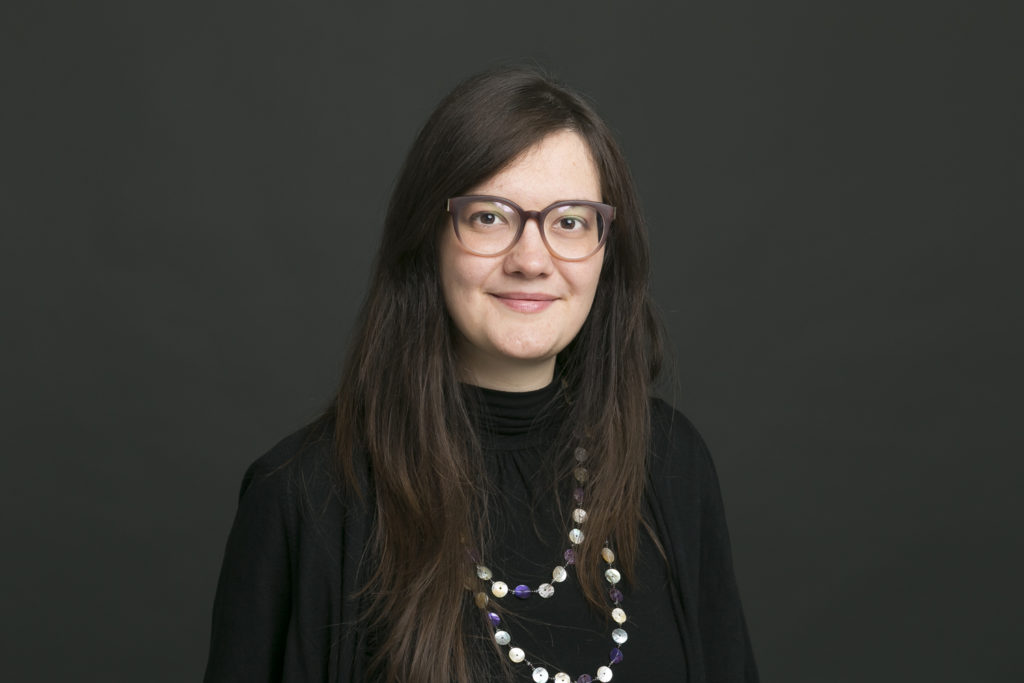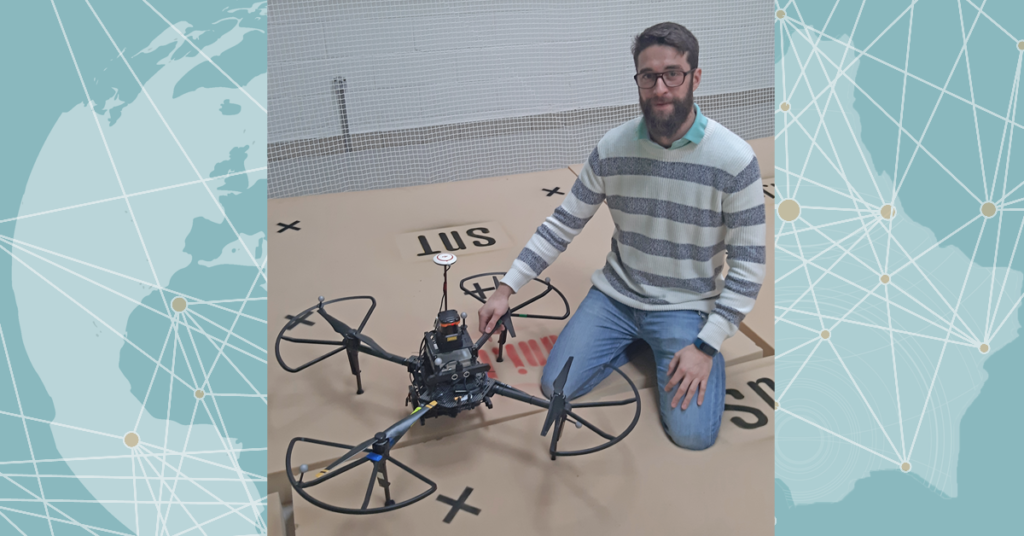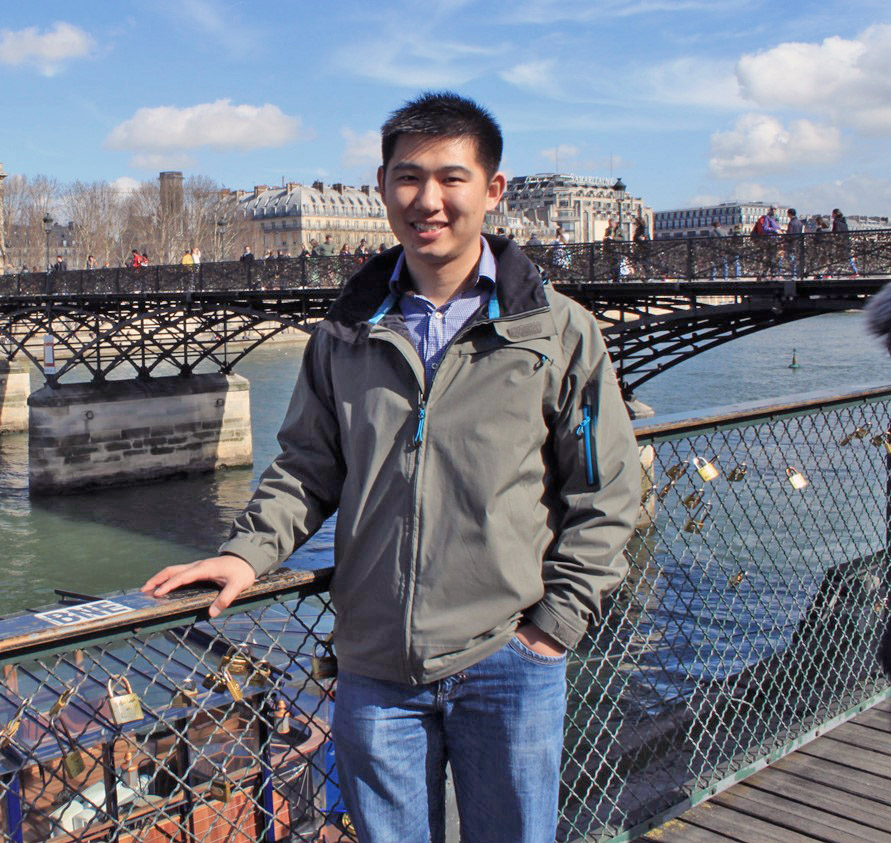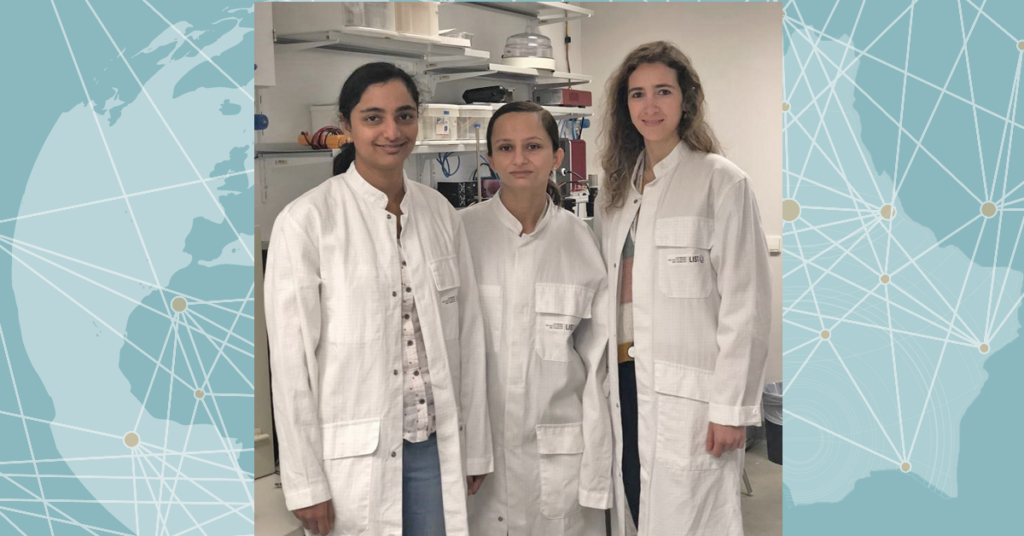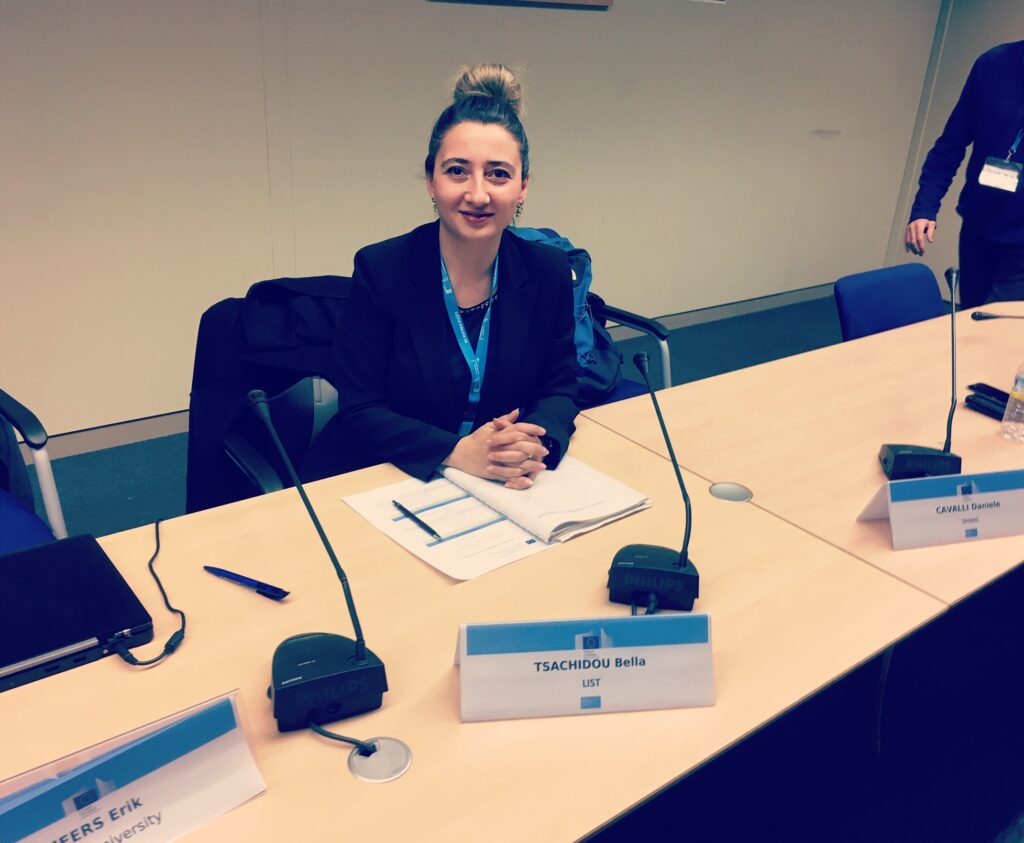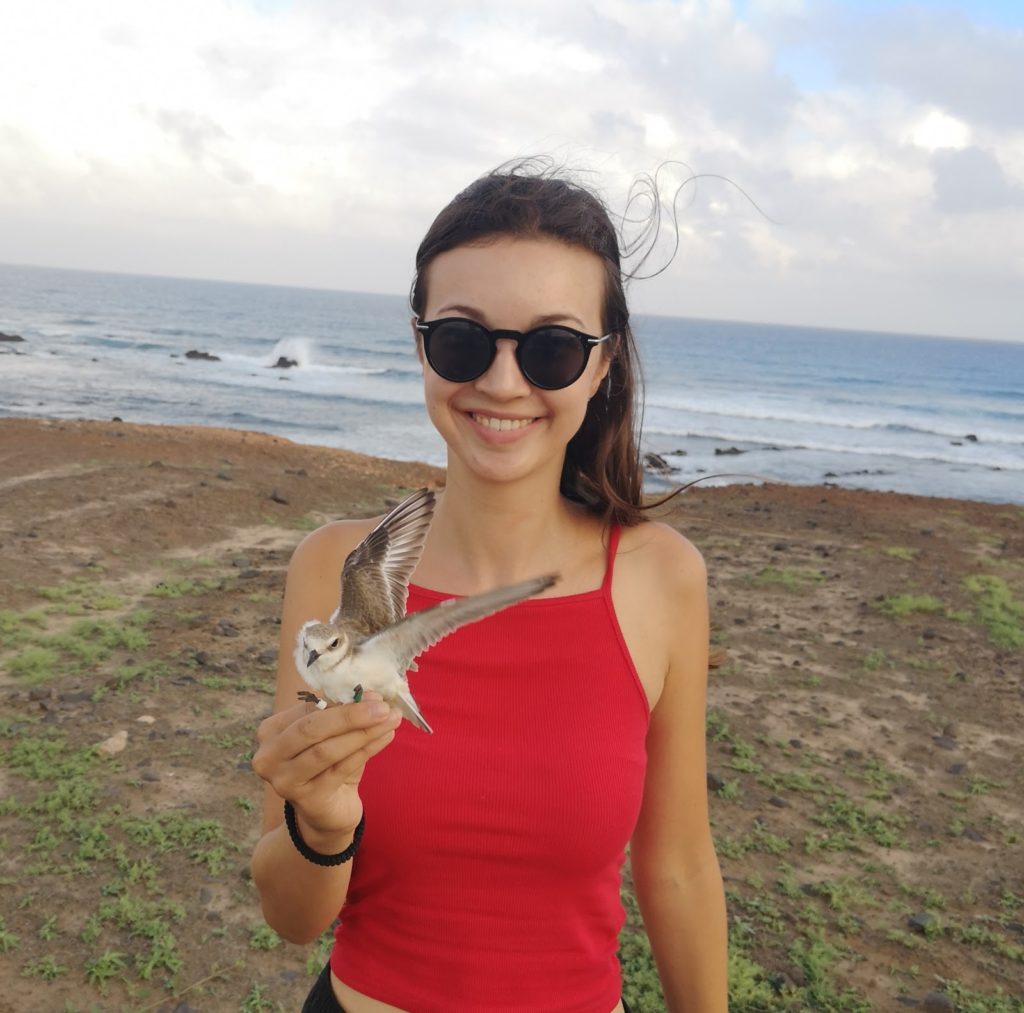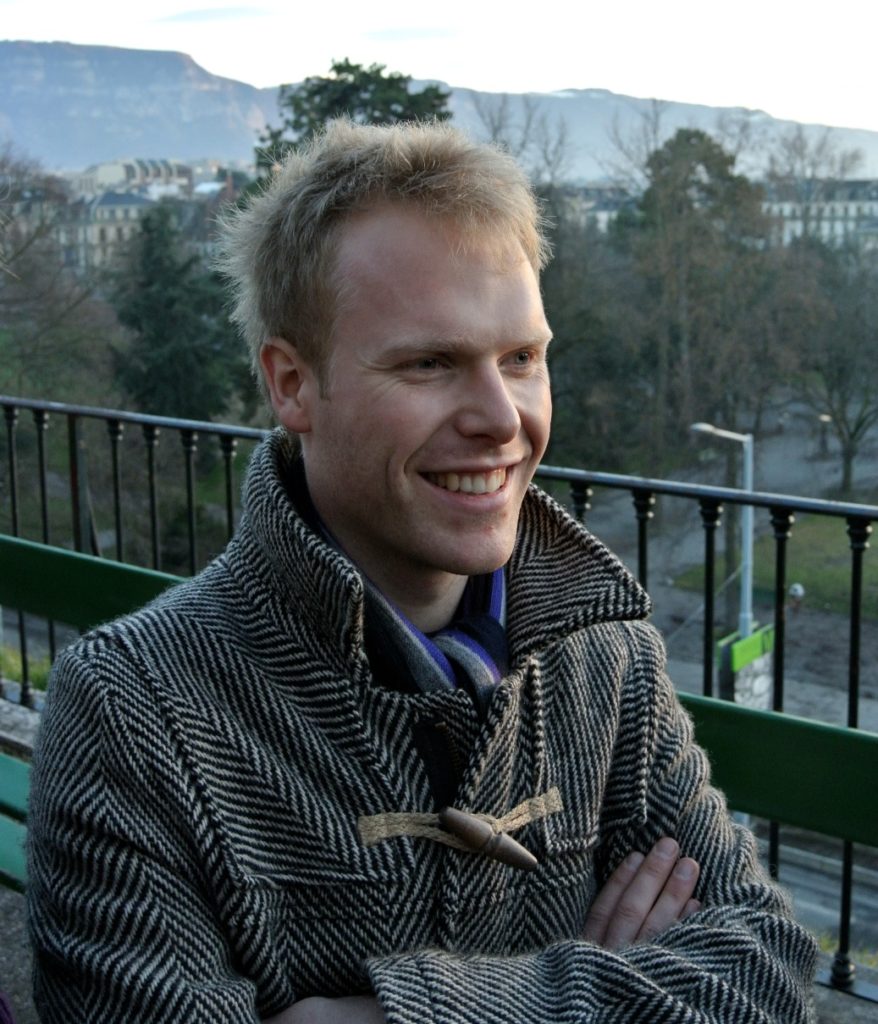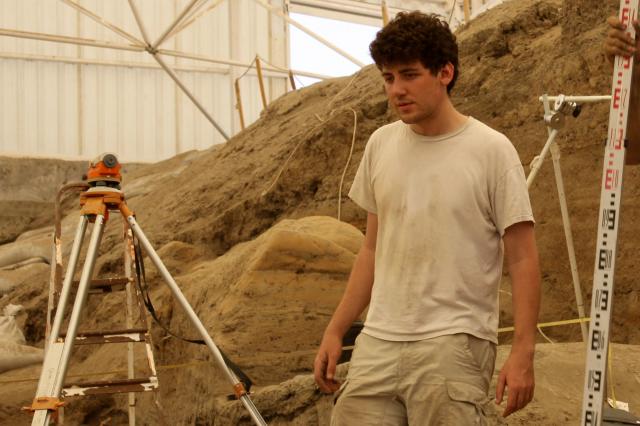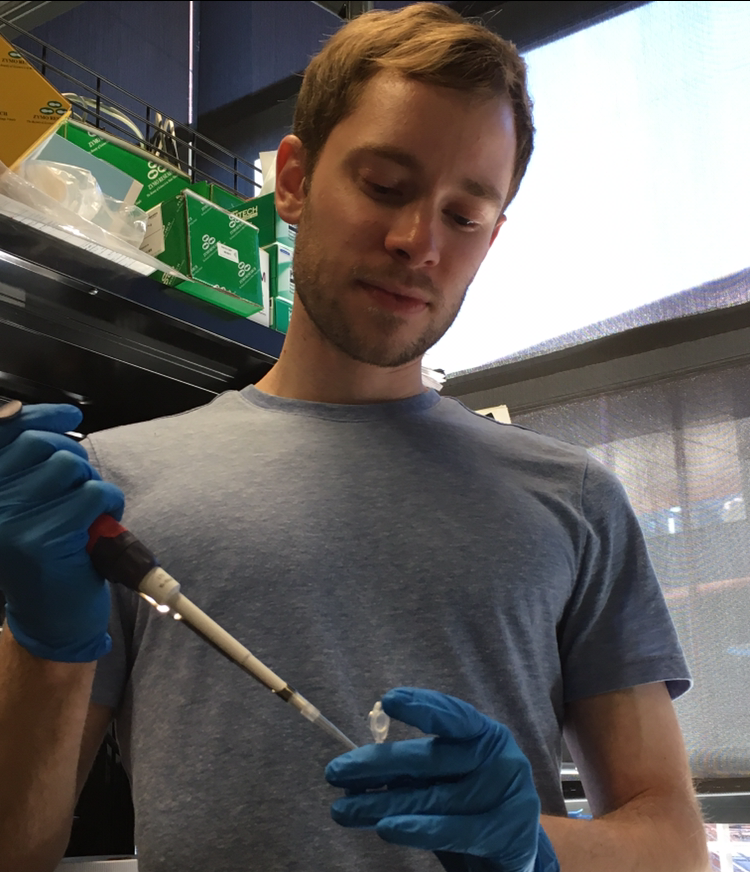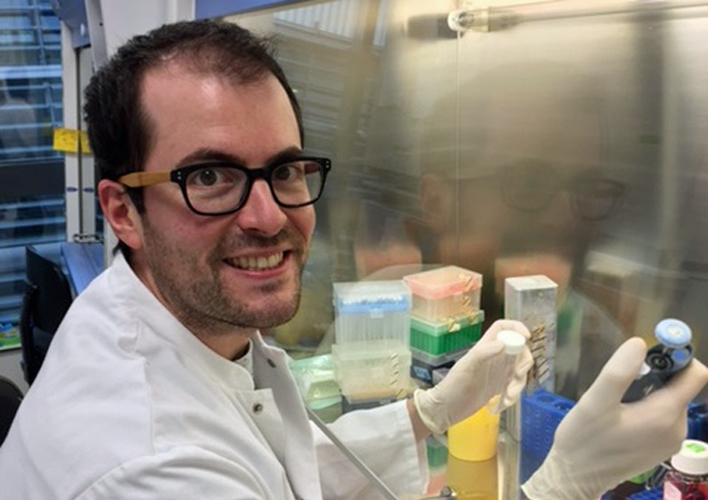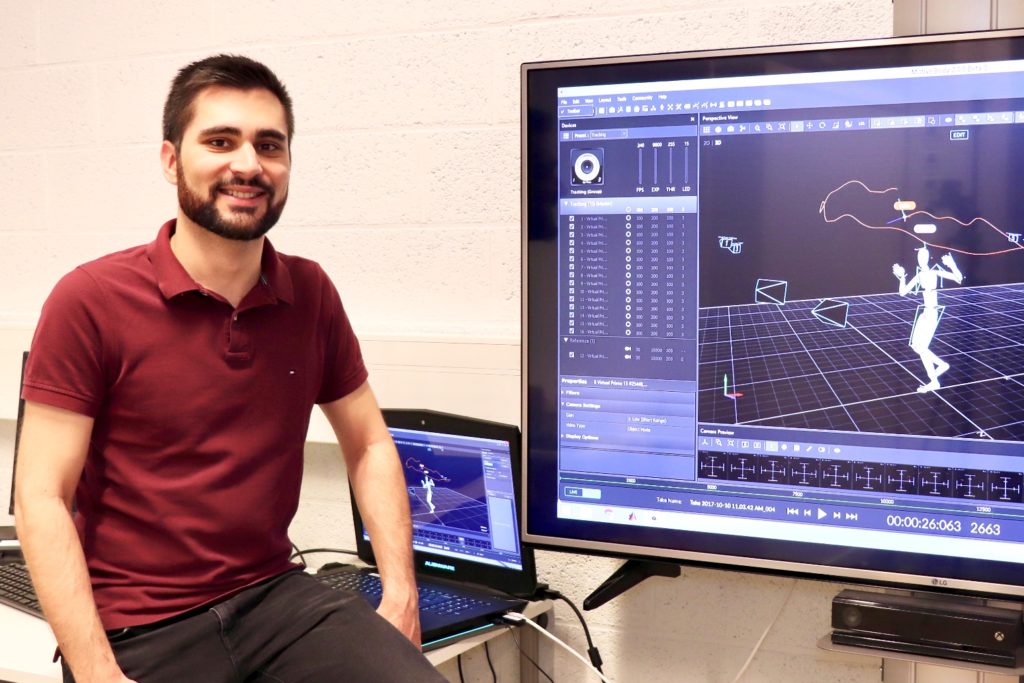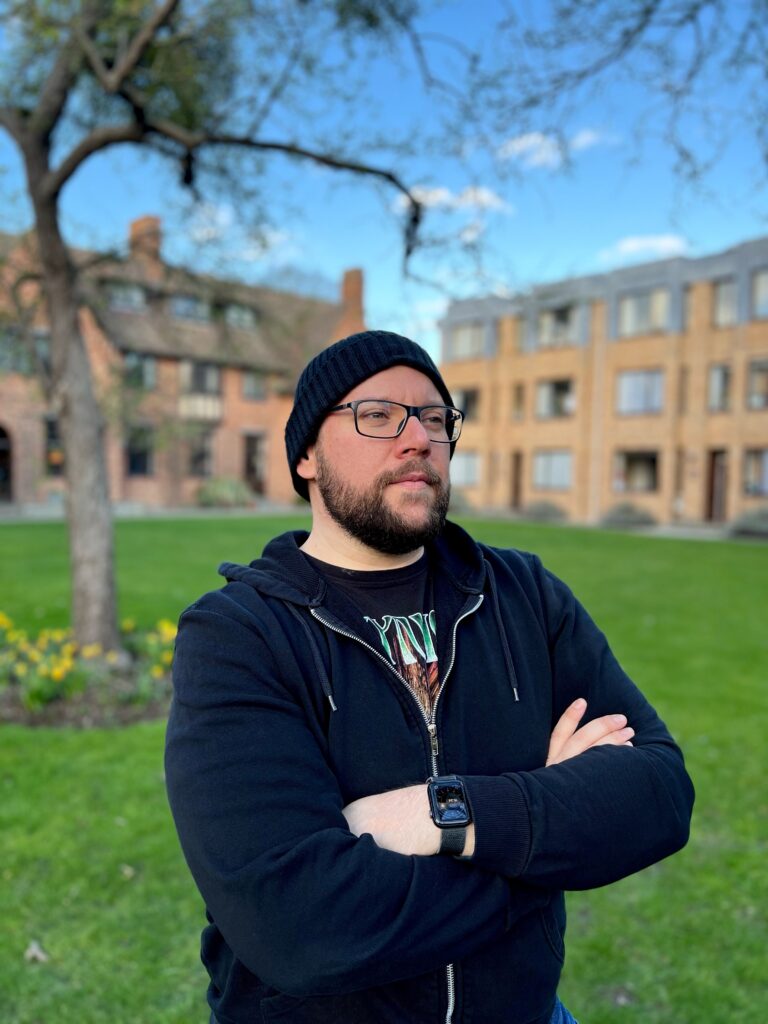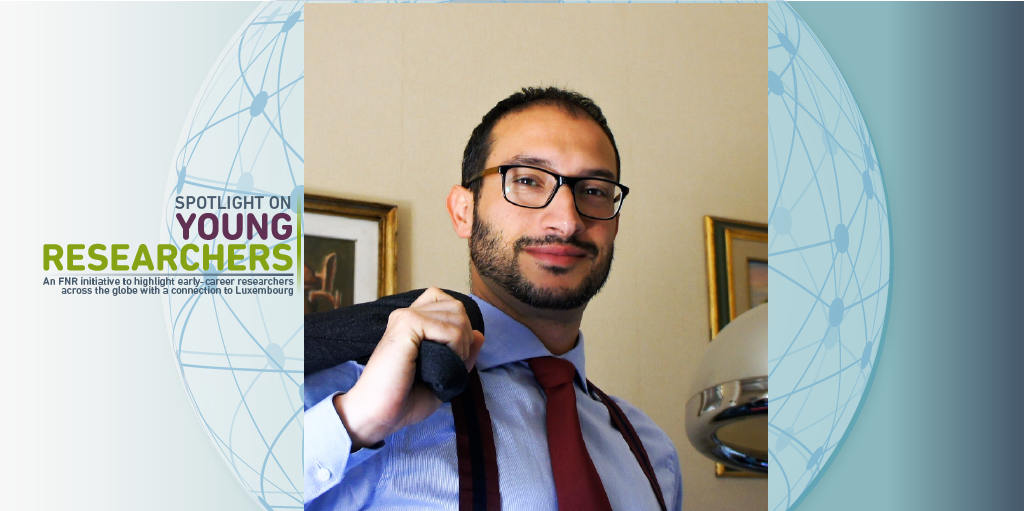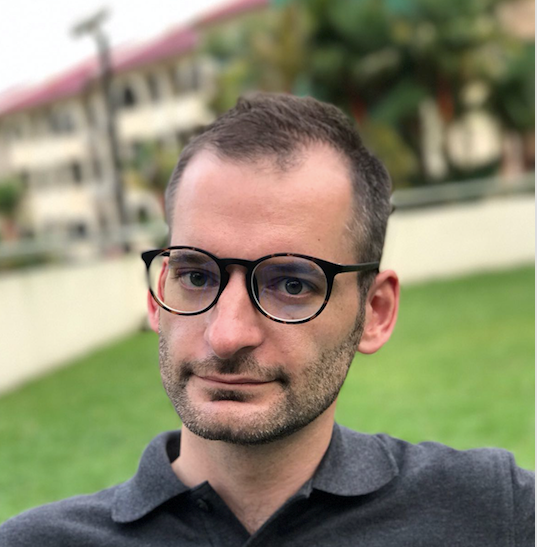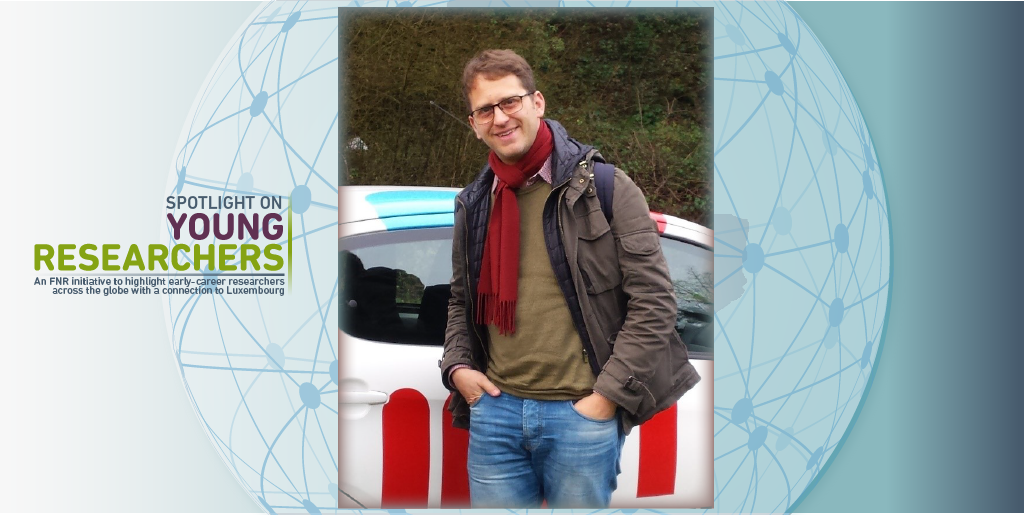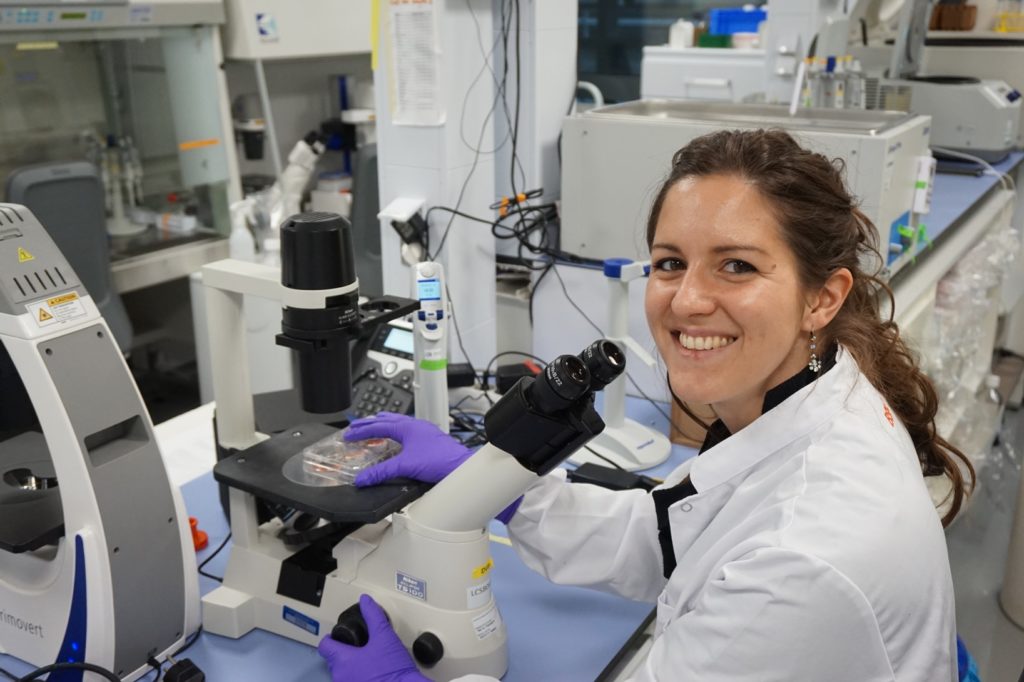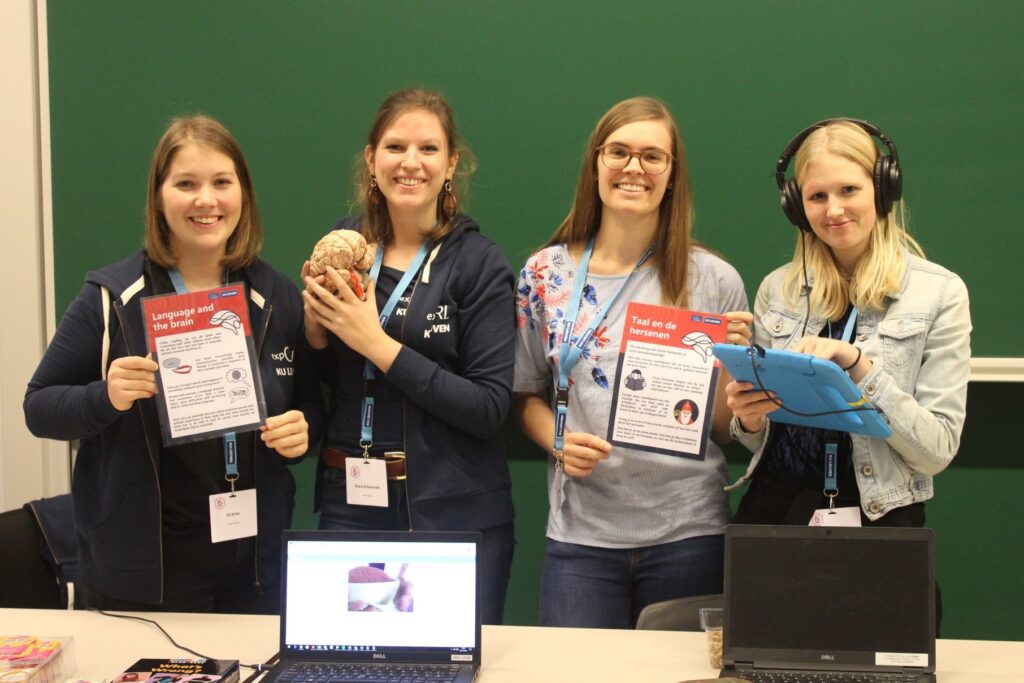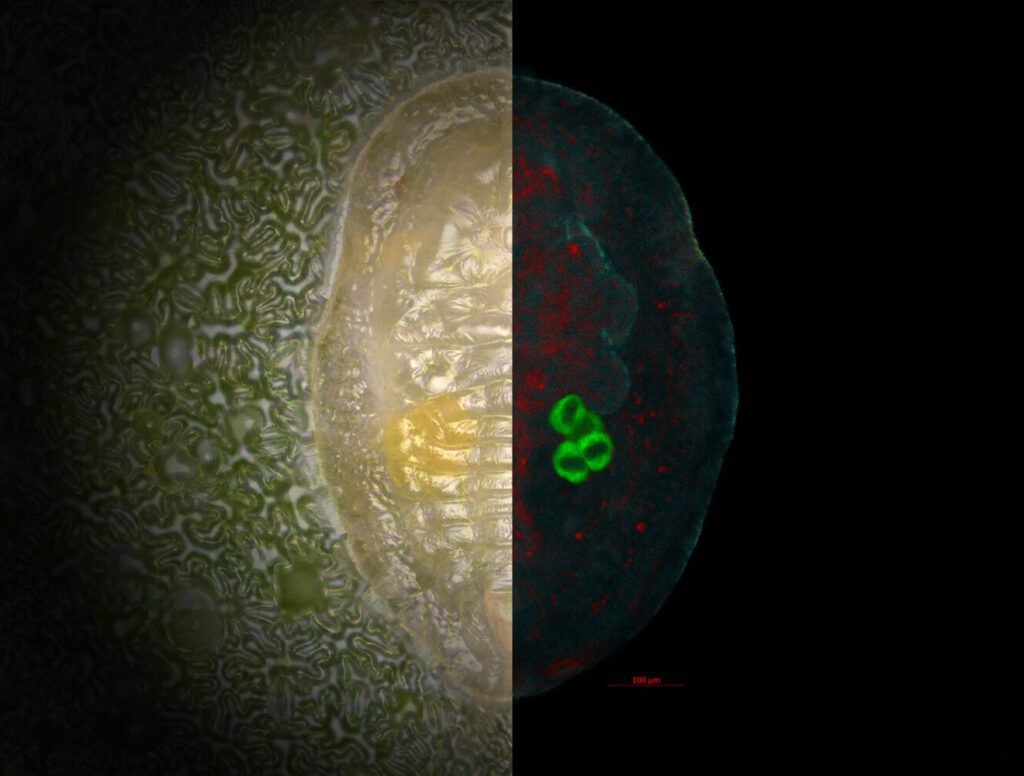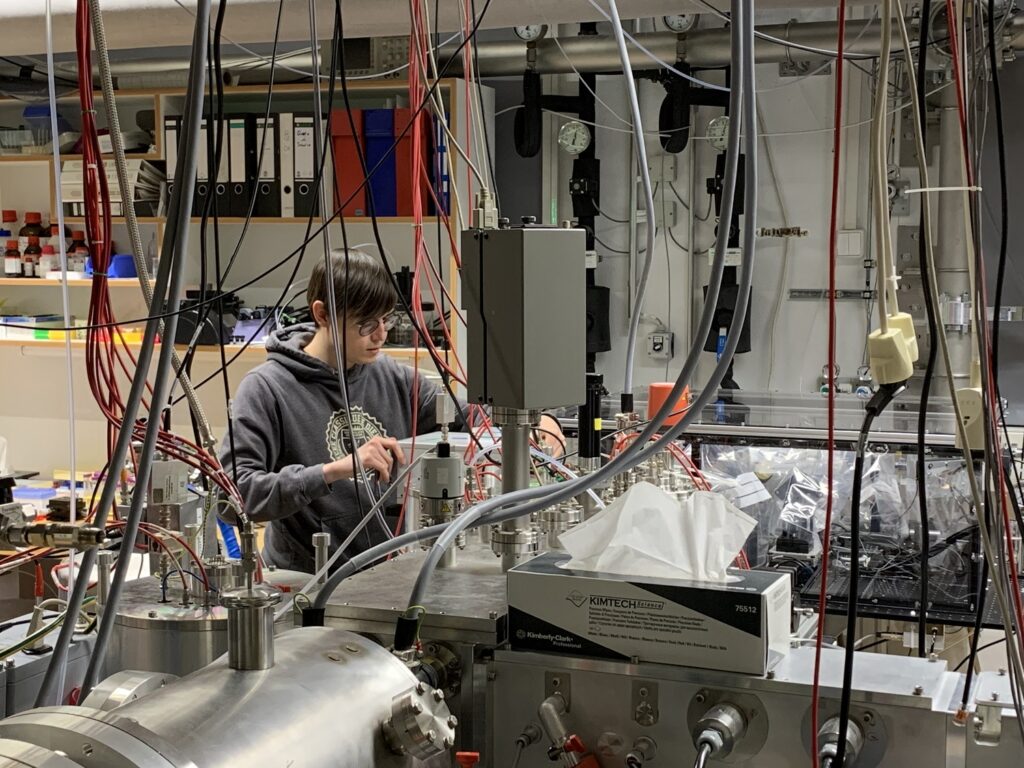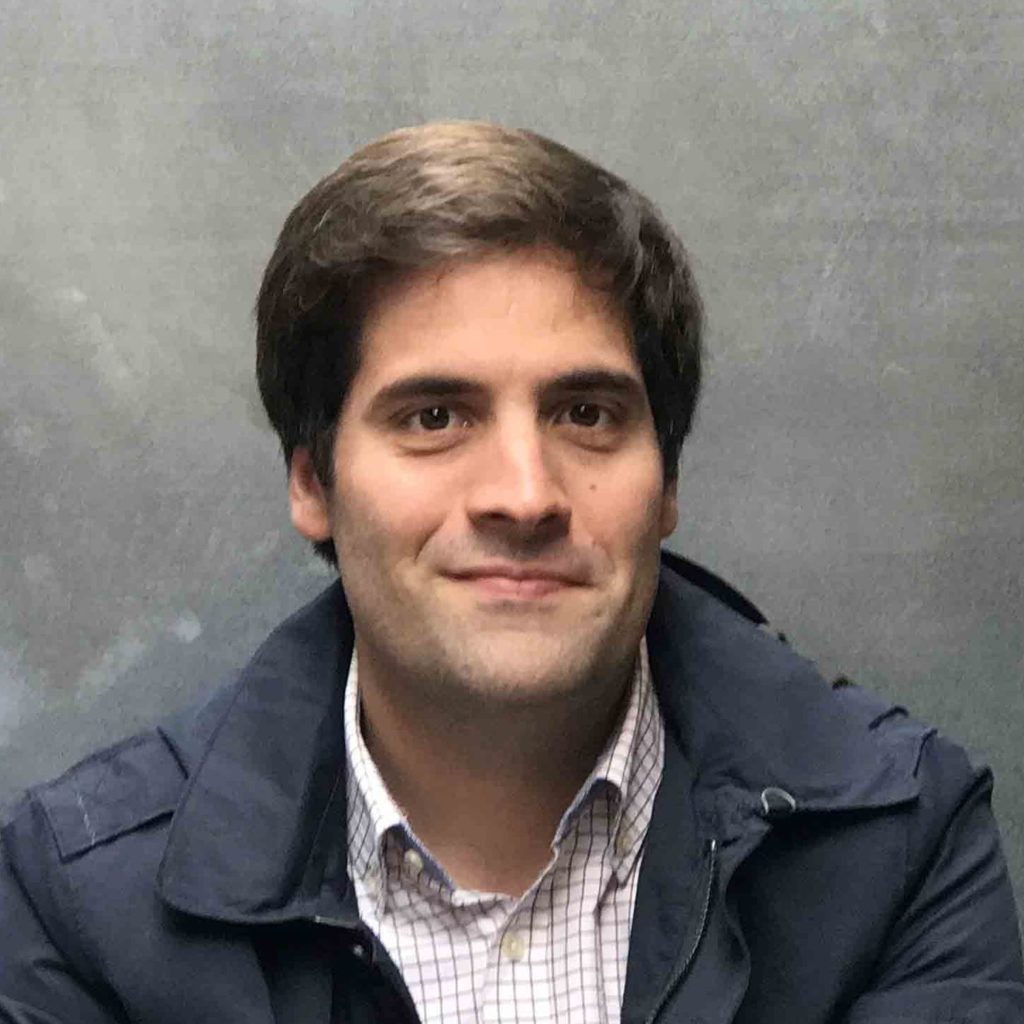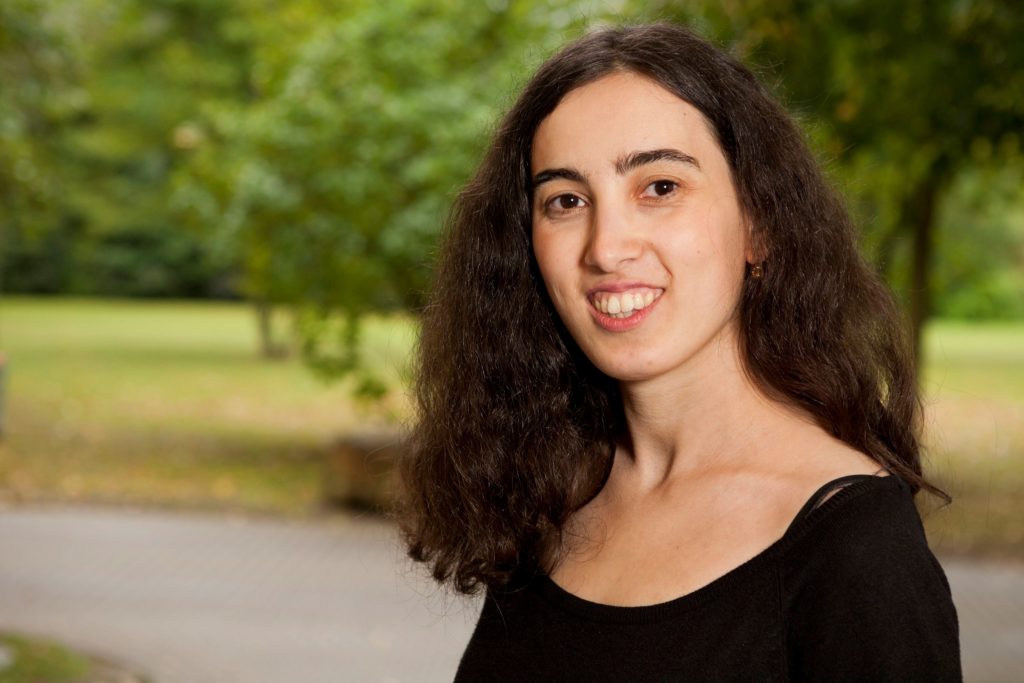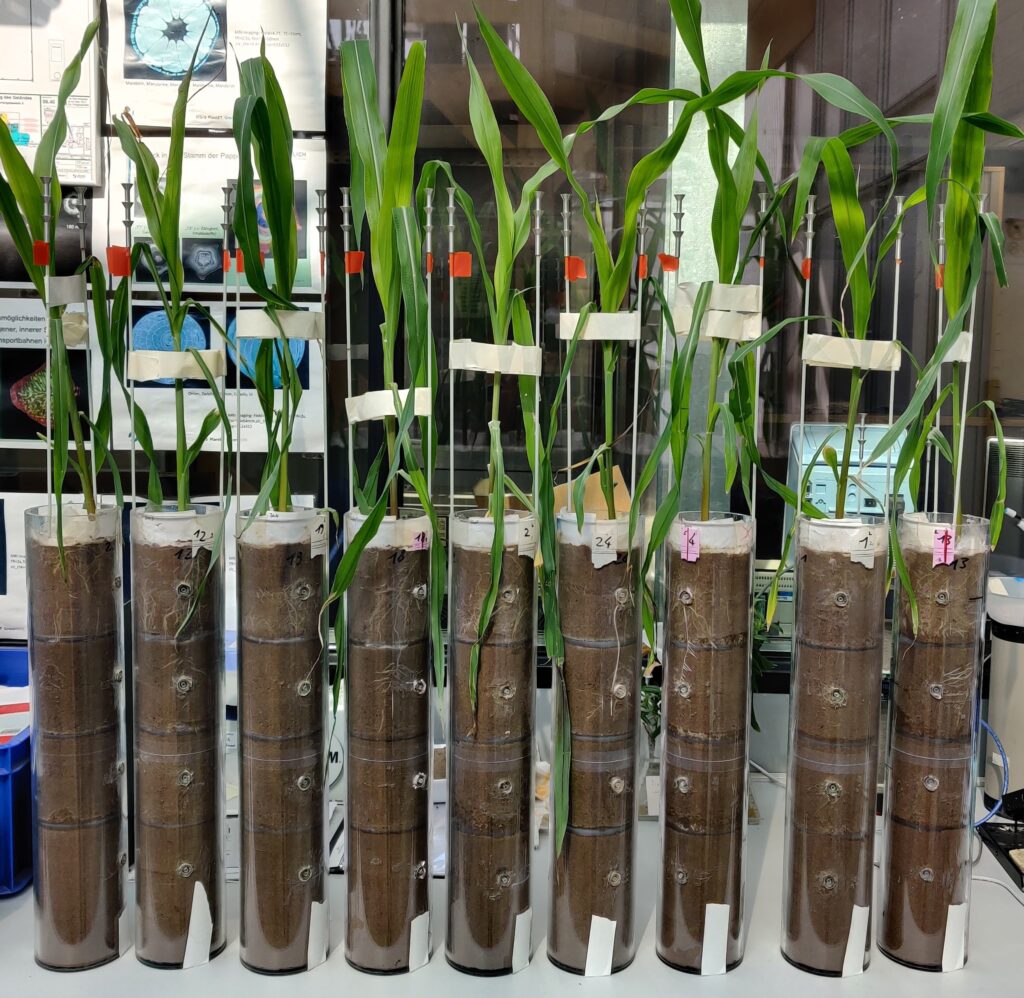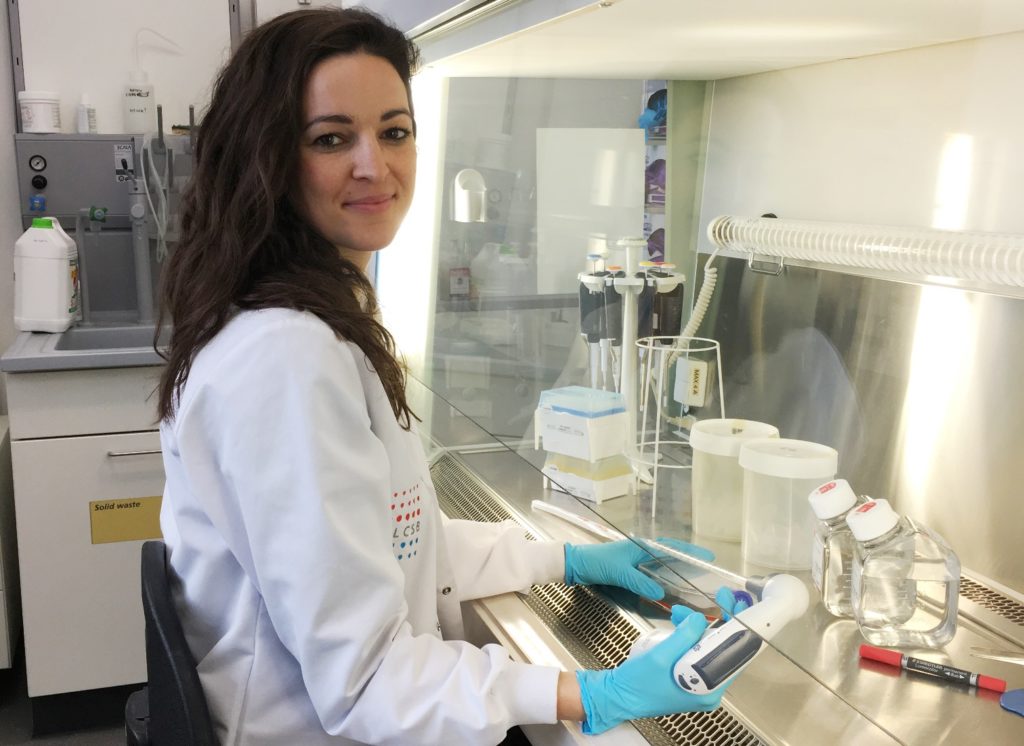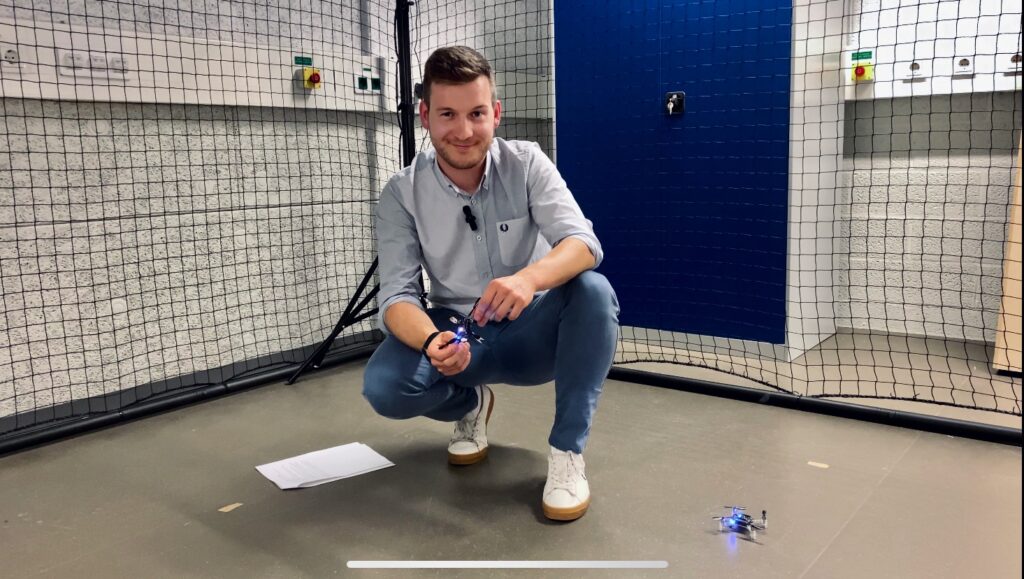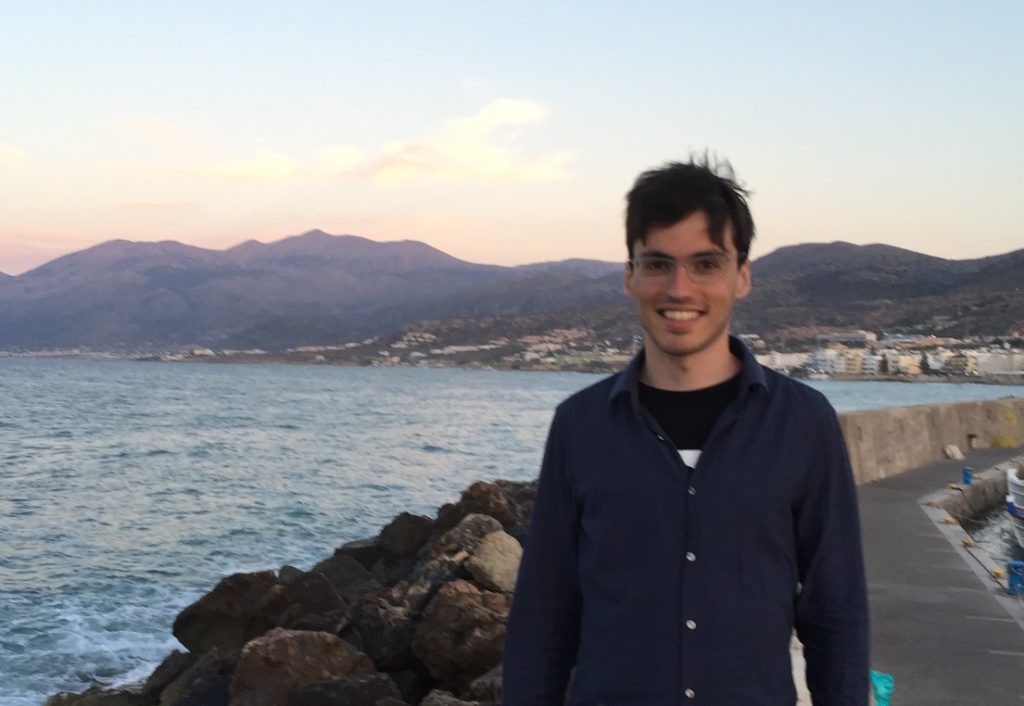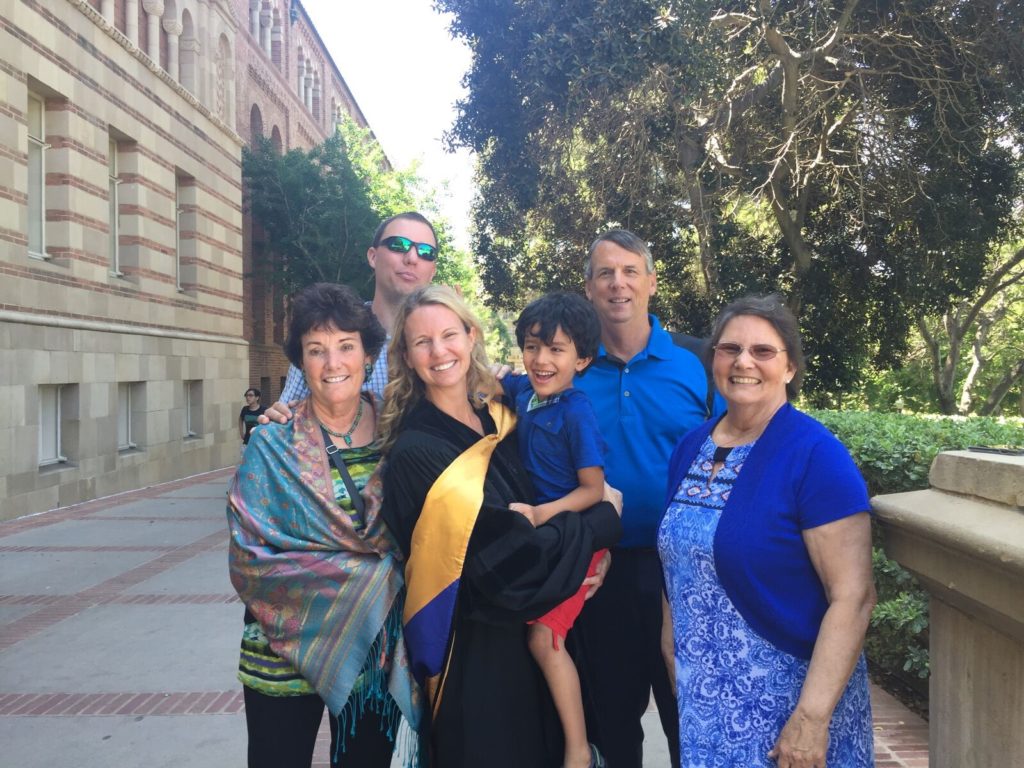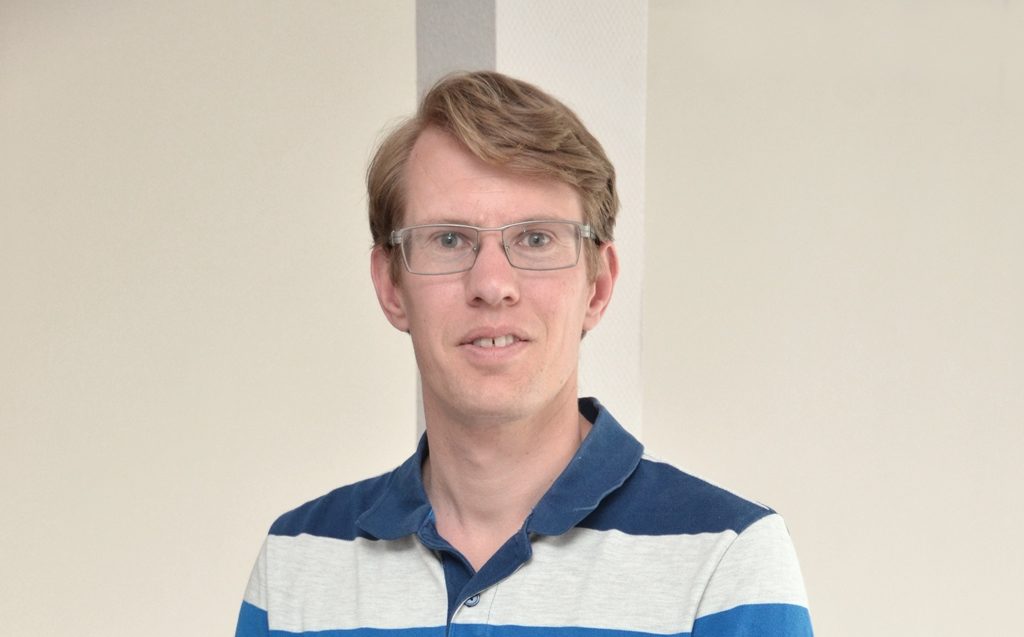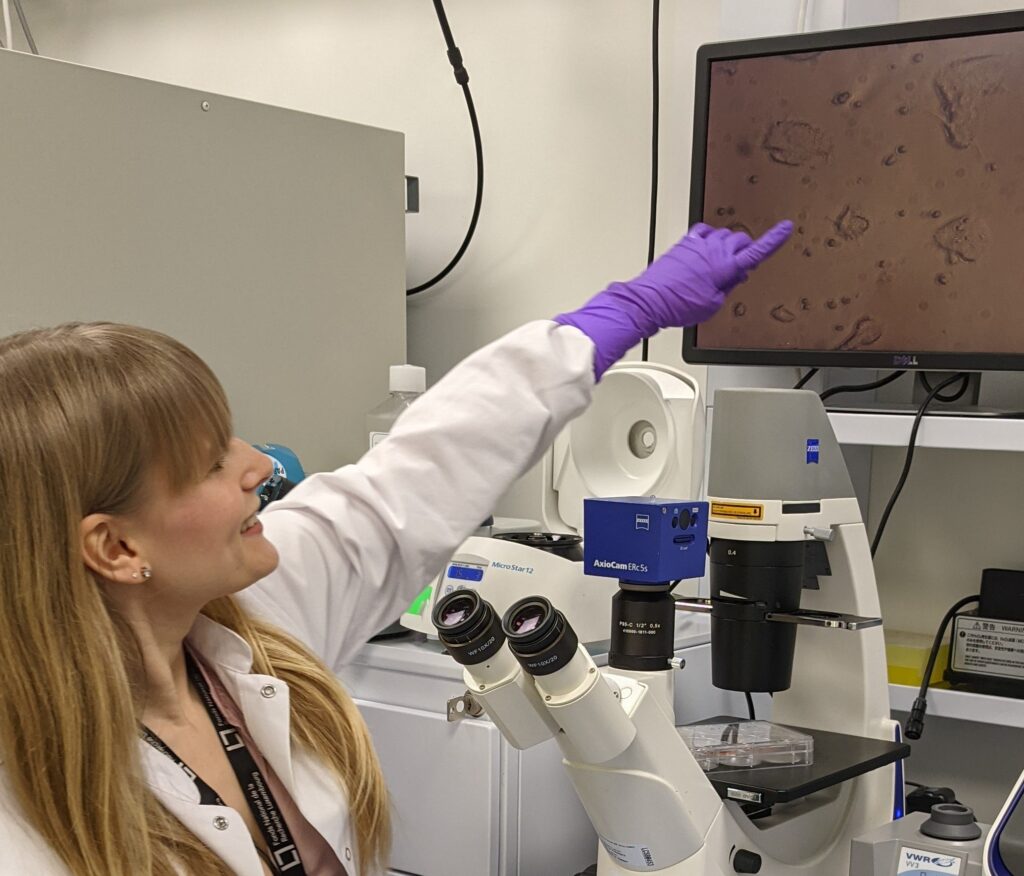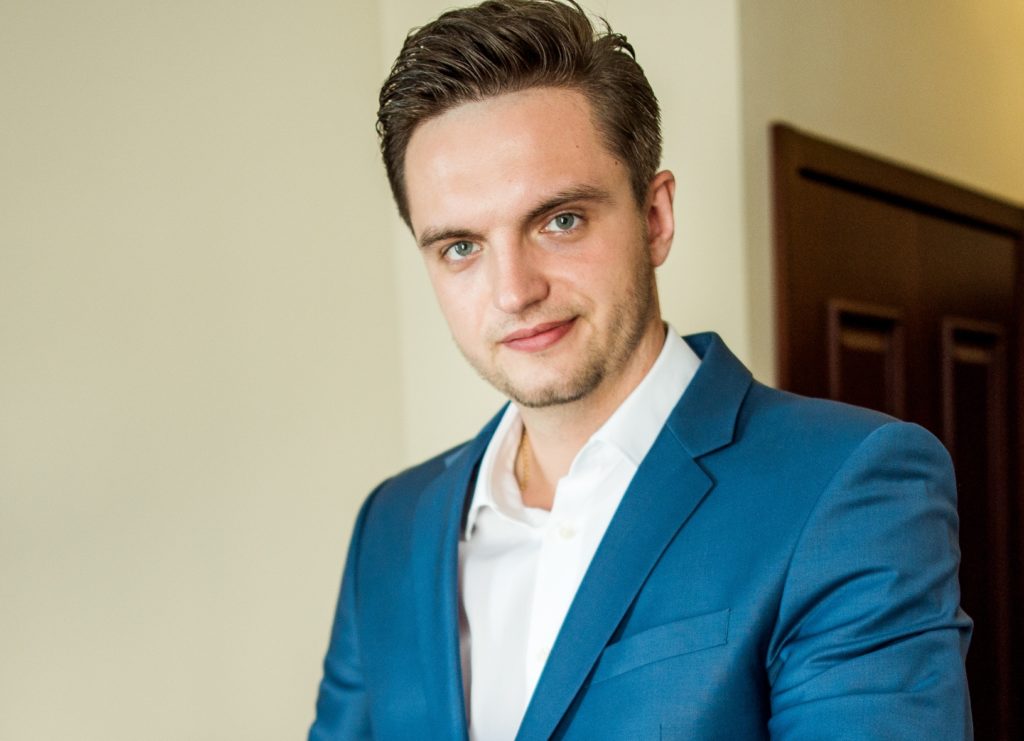
When one thinks of banks and financial institutions, the word ‘research’ may not come to mind. However, research has much to offer these institutions, for example new tools to help with delivering critical services. As part of his PhD at the University of Luxembourg, Italian national Pier Mario Lupinu researches issues related to post-resolution in banking and finance.
The resolution of financial institutions – the biggest and most important banks – in the euro area is a set of tools aimed at ensuring the continuity of critical and important services of the banks. The goal: Avoiding, to the highest extent possible, the impact on public funding and taxpayers.
“My research targets several ways to fund a bank after that resolution has been finalised and it is back on the market – experiencing possible liquidity outflows – with a set of different solutions which must be analysed and tested,” explains Pier Mario Lupinu, who is in the first year of his PhD in the Doctoral Training Unit (DTU) REMS at the University of Luxembourg’s Faculty of Law, Economics and Finance, supported by the FNR’s PRIDE programme where block grants are awarded to DTUs. The DTU focuses on the way enforcement in multi-level regulatory systems are designed and functions, and addresses specific enforcement challenges.
Pier explains that the field of Banking Resolution has benefitted from major contributions from academia in recent years. In the framework of banking regulation concerning the resolution of financial institutions, Pier is researching new paths for providing adequate liquidity in the post-resolution scenario.
“The originality of the research stands in the fact that such scenario (fortunately) has not happened yet, due to the fact that – since the 2007/2008 global financial crisis – no major financial institution of the euro area went into bankruptcy.”
Pier used to work in the EU institution responsible for the resolution of financial institutions in the euro area. It was there he became familiar with what is now his research topic. Pier decided he wanted to contribute to the research in this field and started looking for Universities researching in this area.
“Fortunately, I found that Professor Prüm, who is one the most known experts in Banking and Finance Law in Europe, had published a grant for researchers in this field of research, which was a great opportunity not to be missed!” Pier also explains that he specifically chose Luxembourg as it is an ideal location for research in the field of Banking & Finance, for example due the people who work on it:
“The academic staff, starting from the Professors and continuing with Postdocs and young researchers, are among the most knowledgeable and known academics in this sphere. I am surrounded by strong experts in this area and everyone is very kind and supportive, making the PhD work very safe and sound.
“Moreover, the University is young, high ranked and full of a diverse variety of opportunities with strong links with other Universities, public institutions and private companies.”
Pier recognises that a PhD is hugely valuable for personal and professional development, regardless of whether ones choses to stay in research beyond the PhD.
“Before the starting of my career in academia I was working in an EU Institution, and I would like to go back to put my knowledge to use for the benefit of the (European or national) public sector. At the same time, I would like to continue to study and write in the same area of my research and consequently to keep the contribution to academia.”
About Spotlight on Young Researchers
Spotlight on Young Researchers is an FNR initiative to highlight early career researchers across the world who have a connection to Luxembourg. The campaign is now in its 4th year, with 45+ researchers already featured. Discover more young researcher stories below.
More in the series SPOTLIGHT ON YOUNG RESEARCHERS
- All
- Cancer research
- Environmental & Earth Sciences
- Humanities & Social Sciences
- Information & Communication Technologies
- Law, Economics & Finance
- Life Sciences, Biology & Medicine
- Materials, Physics & Engineering
- Mathematics
- Research meets industry
- Spotlight on Young Researchers
- Sustainable resource mgmt
- Women in science




